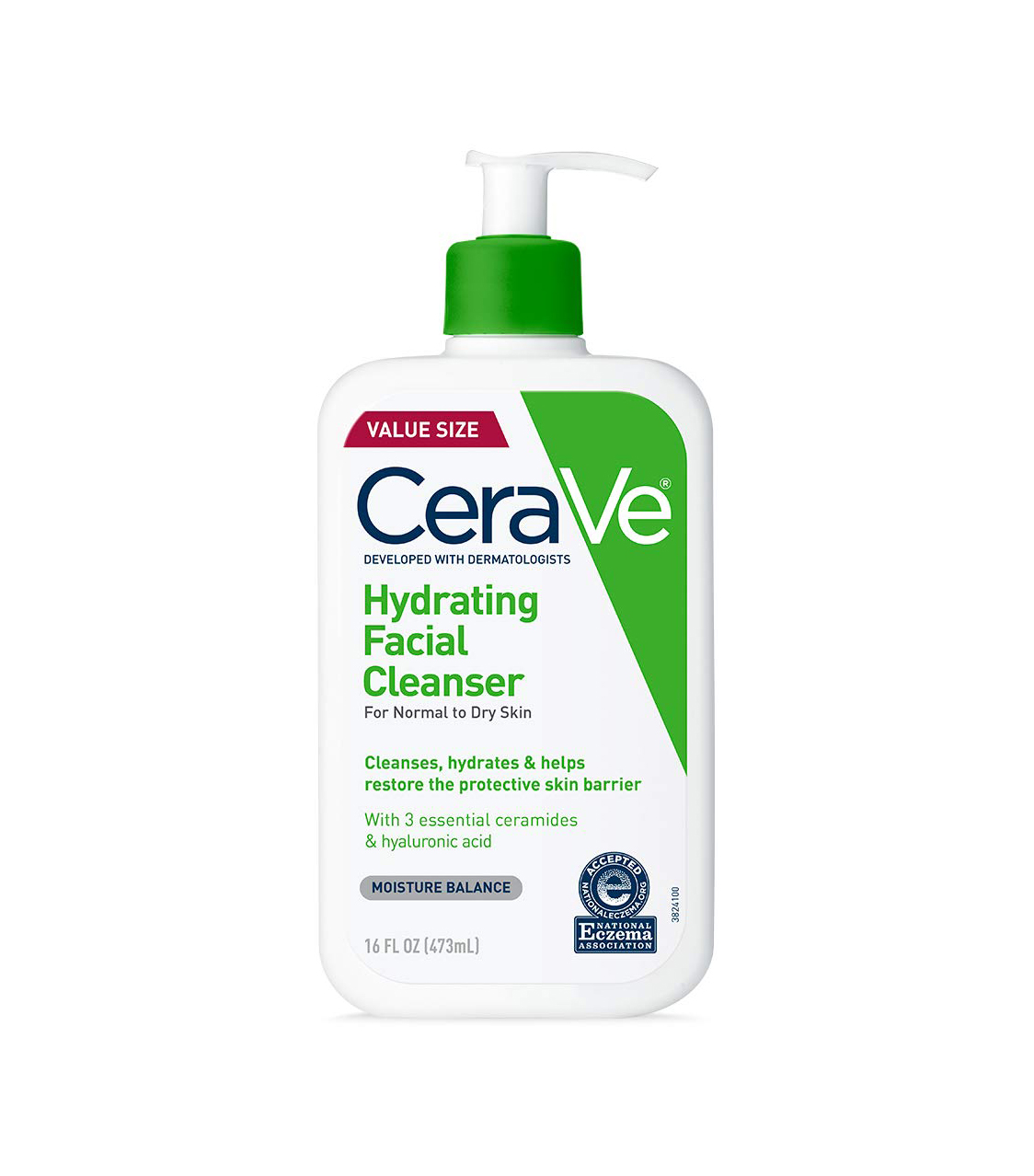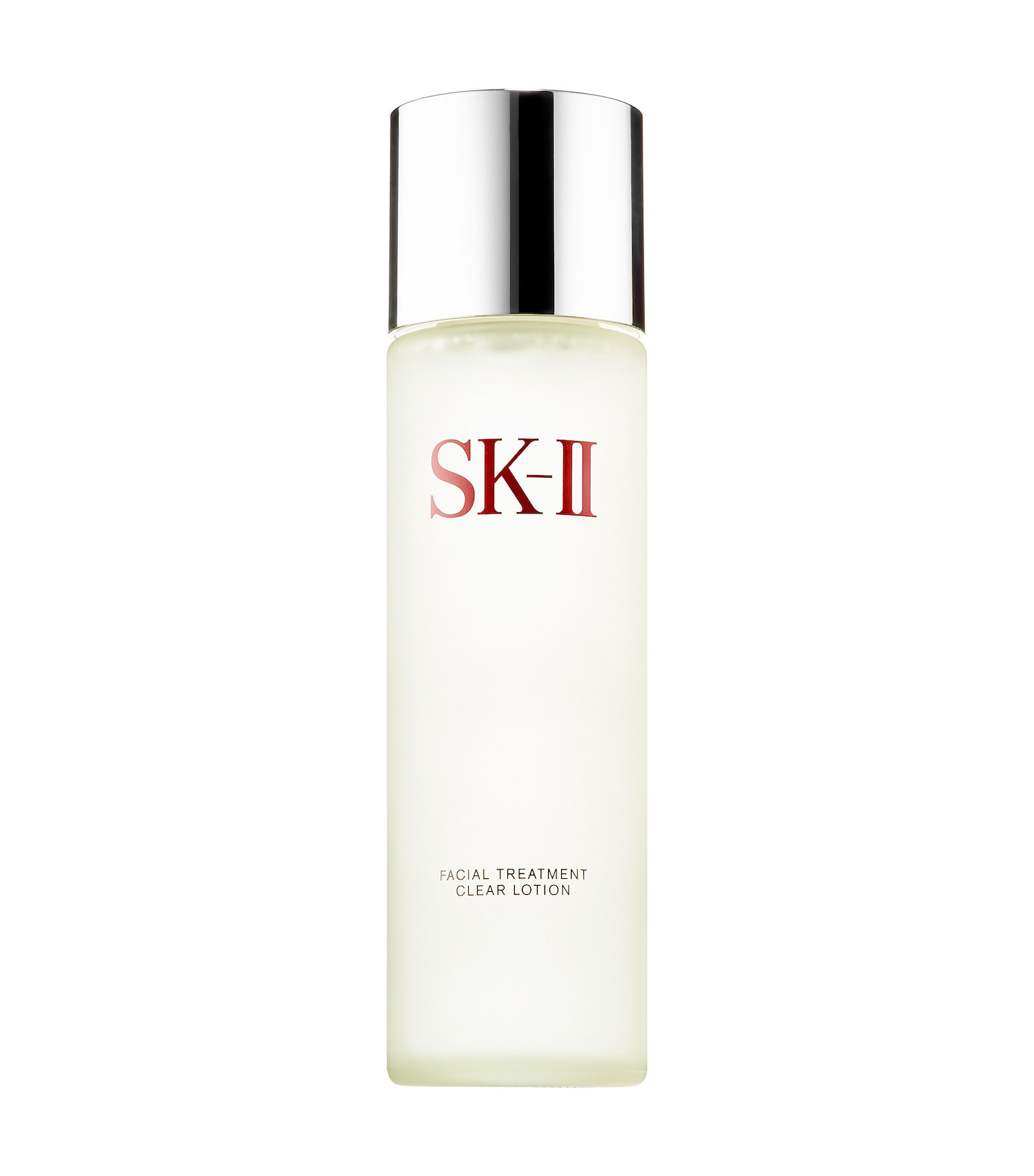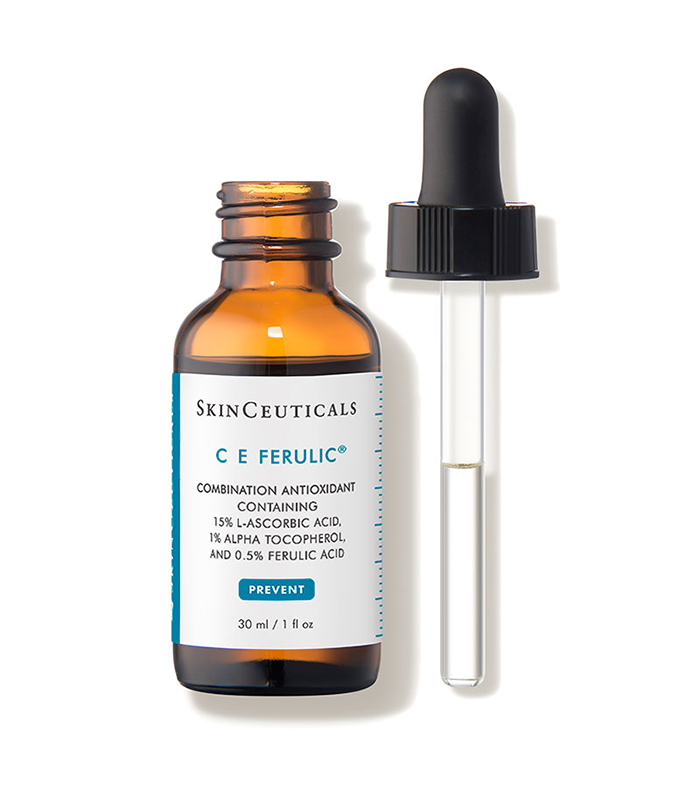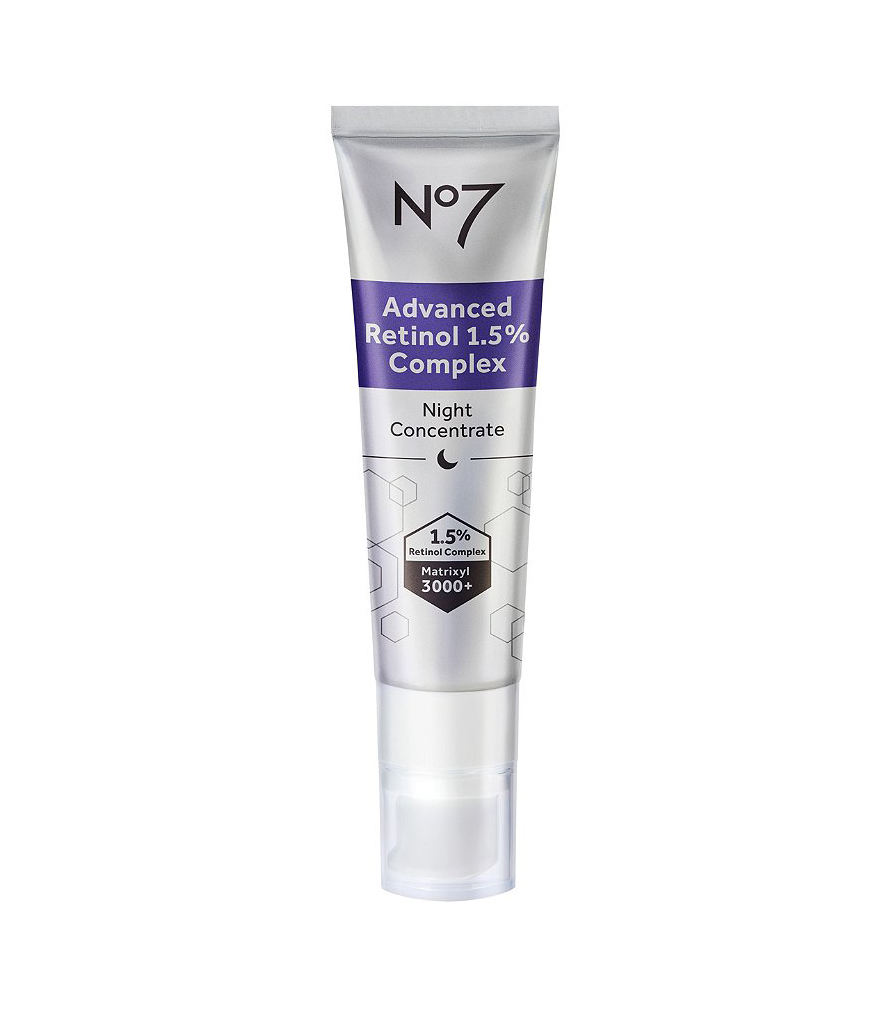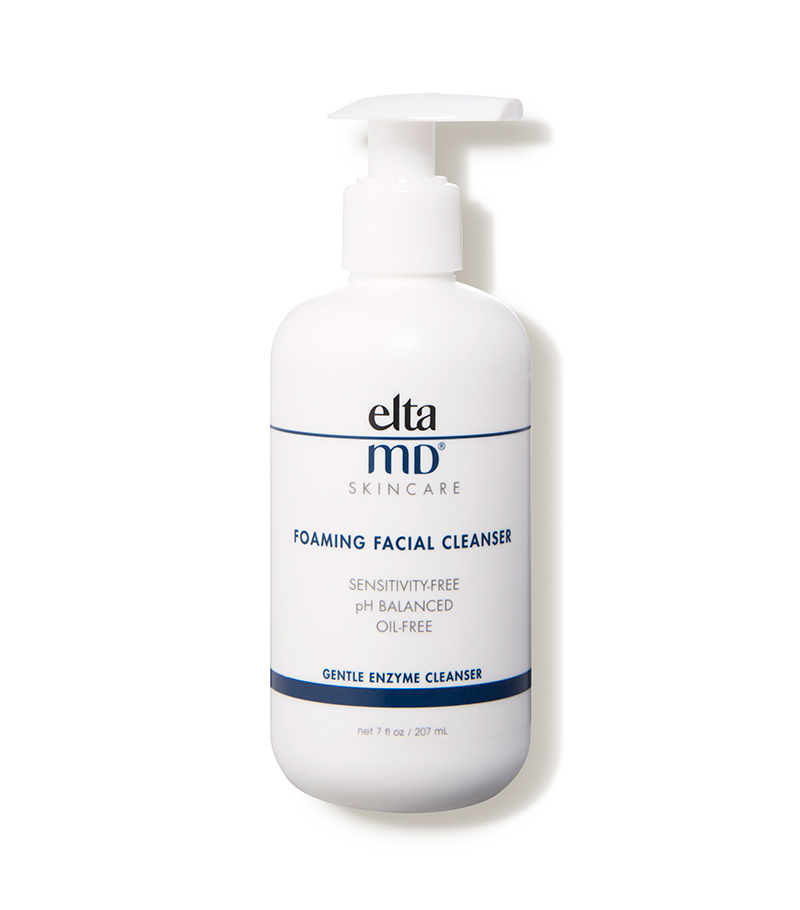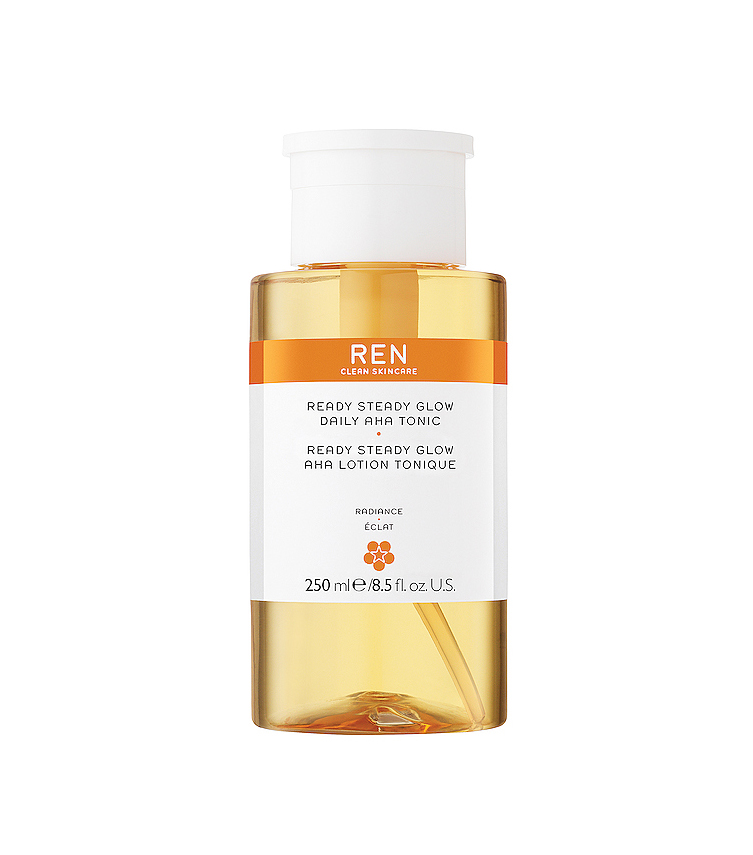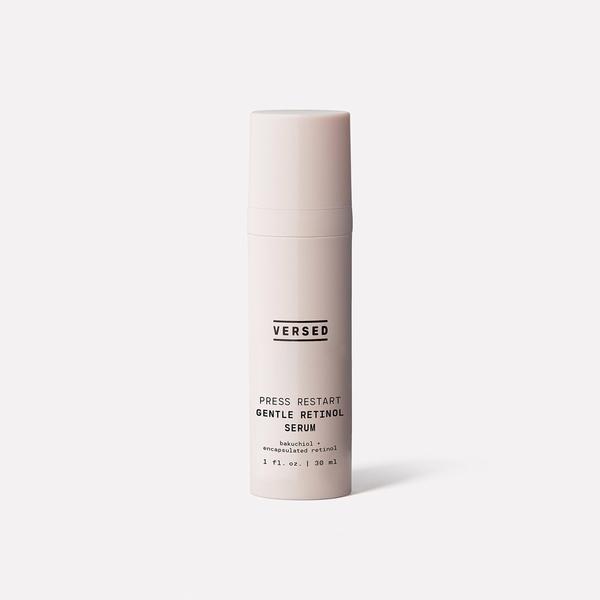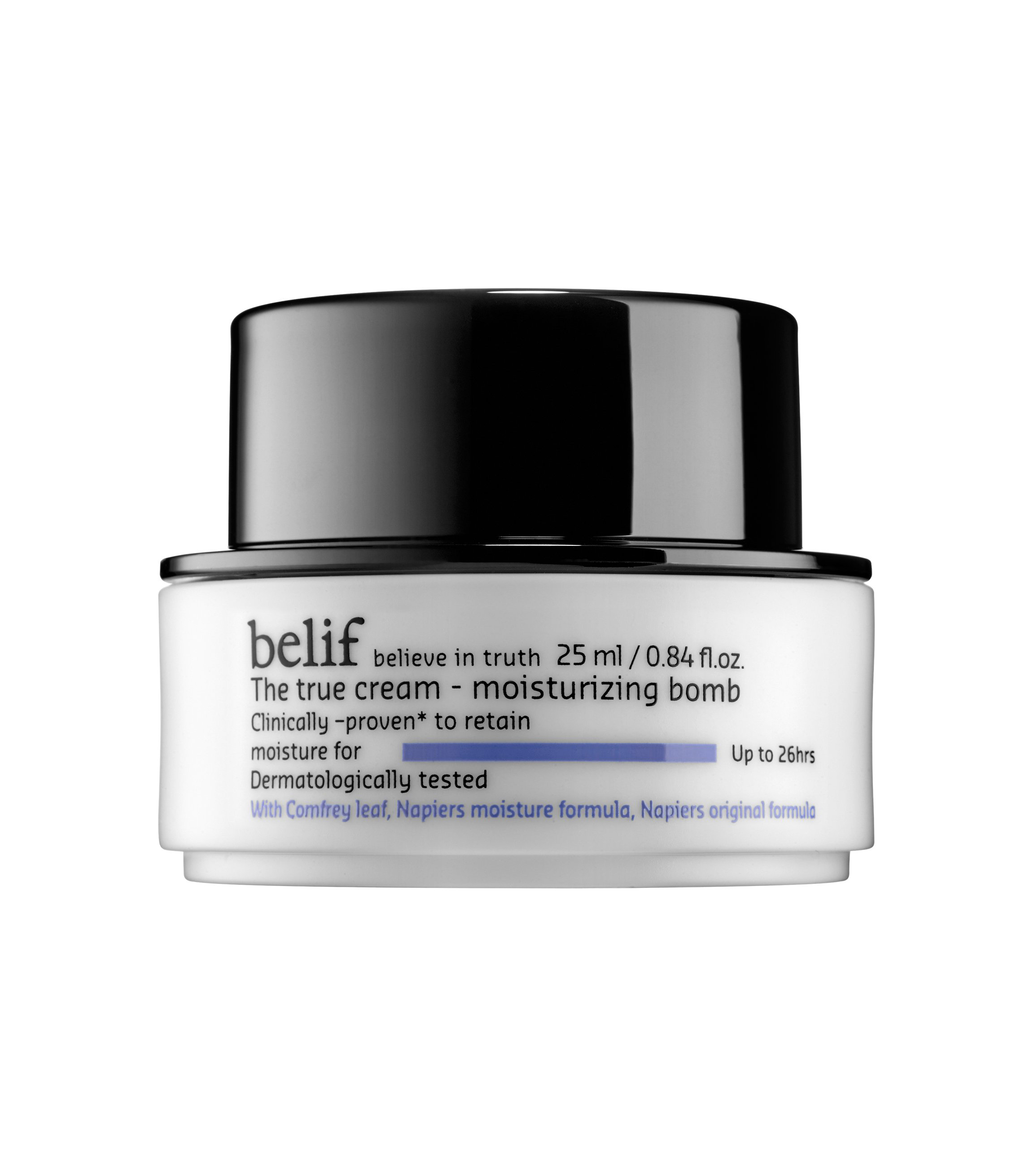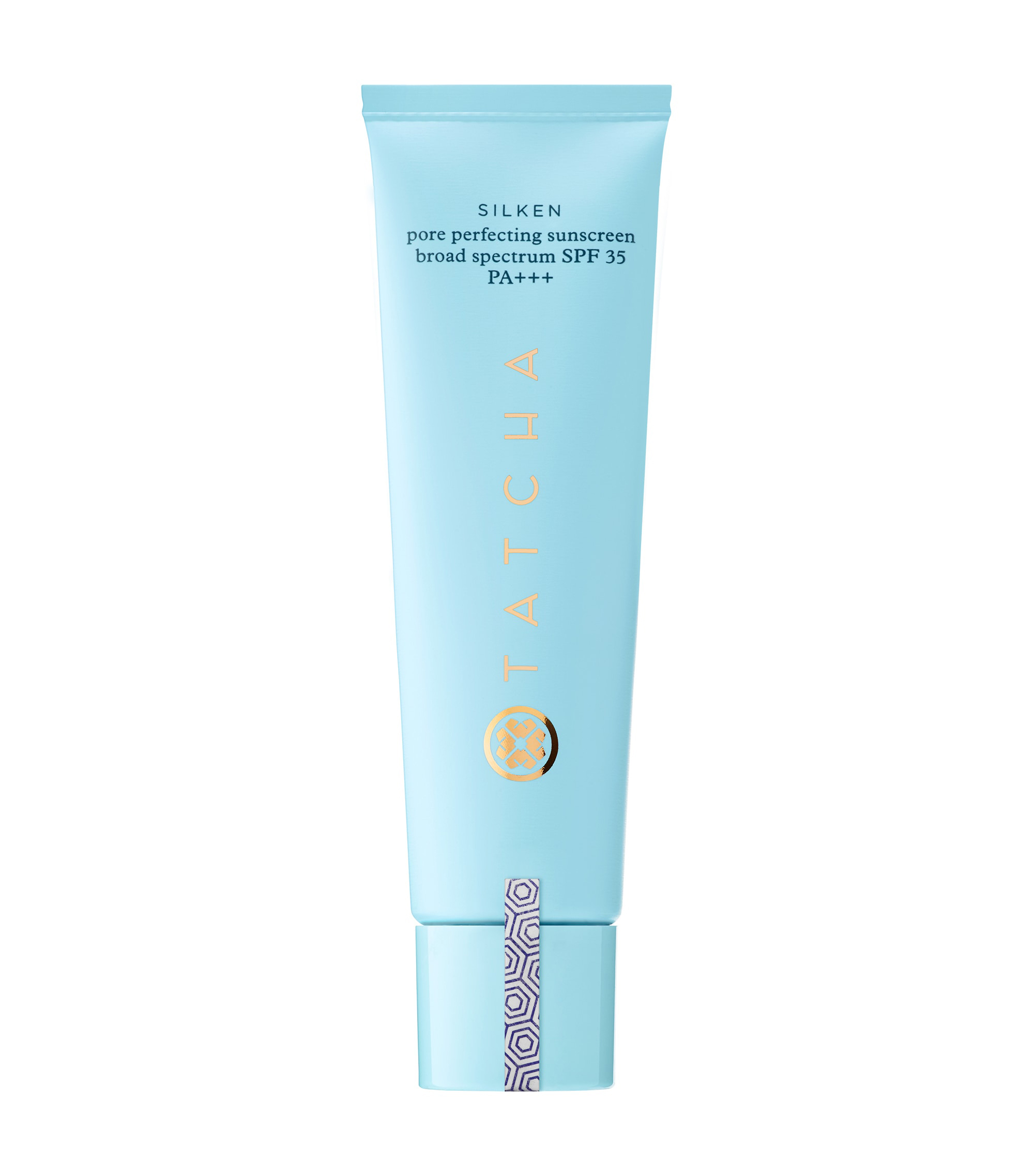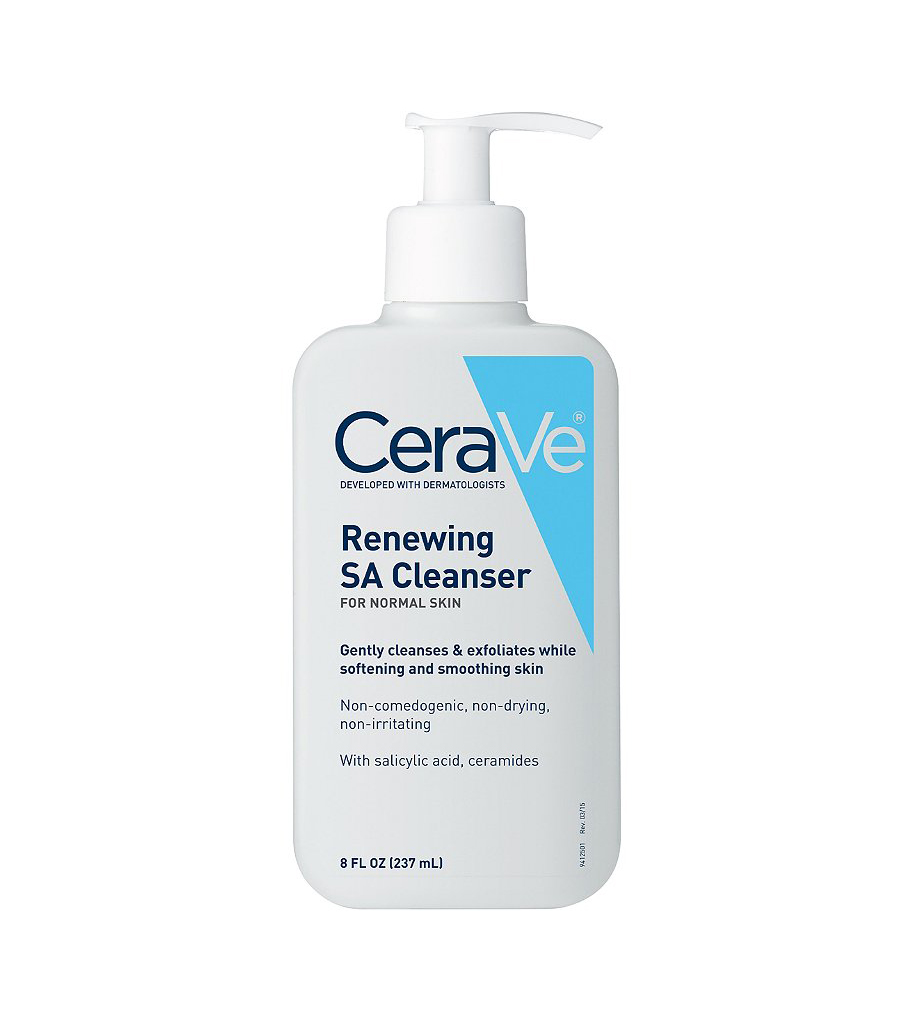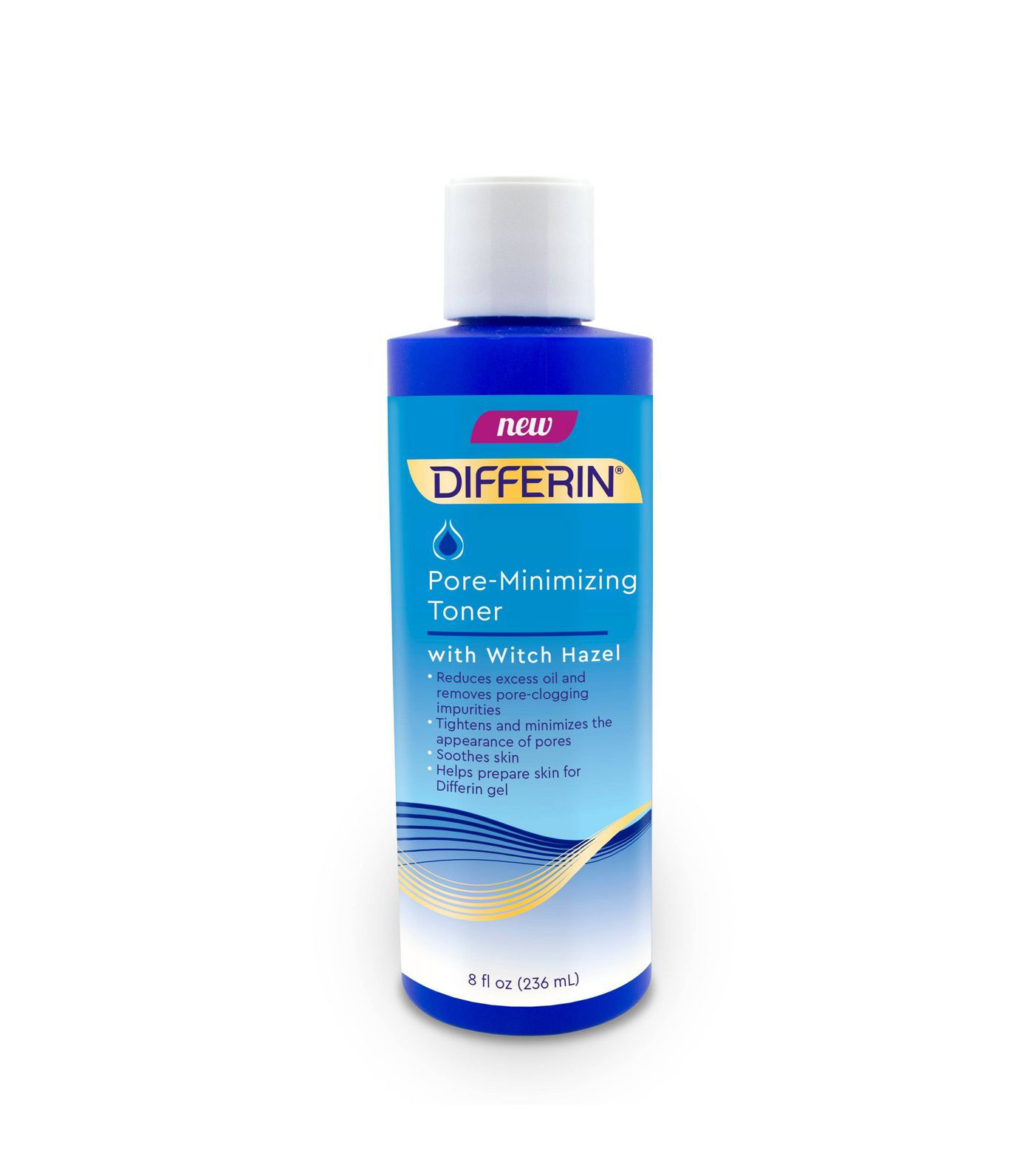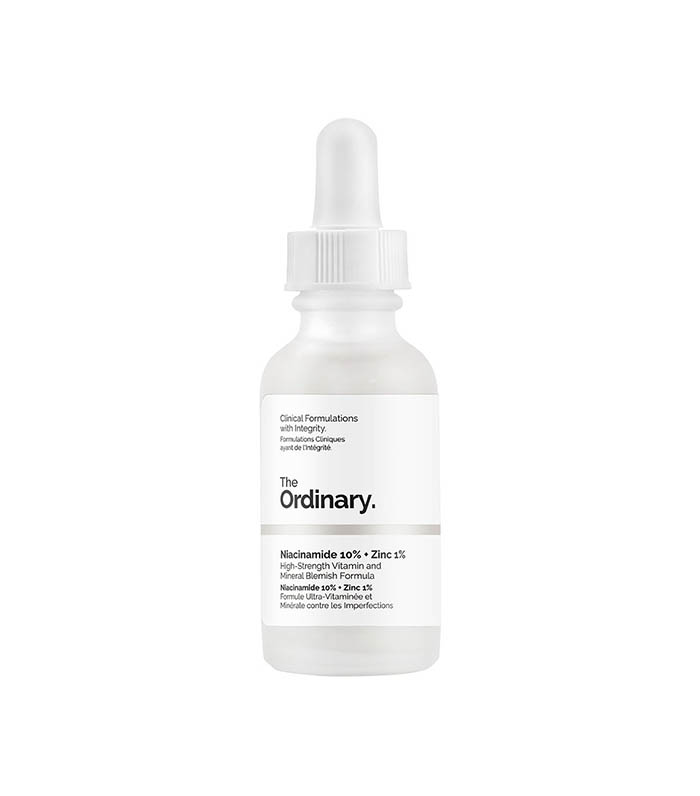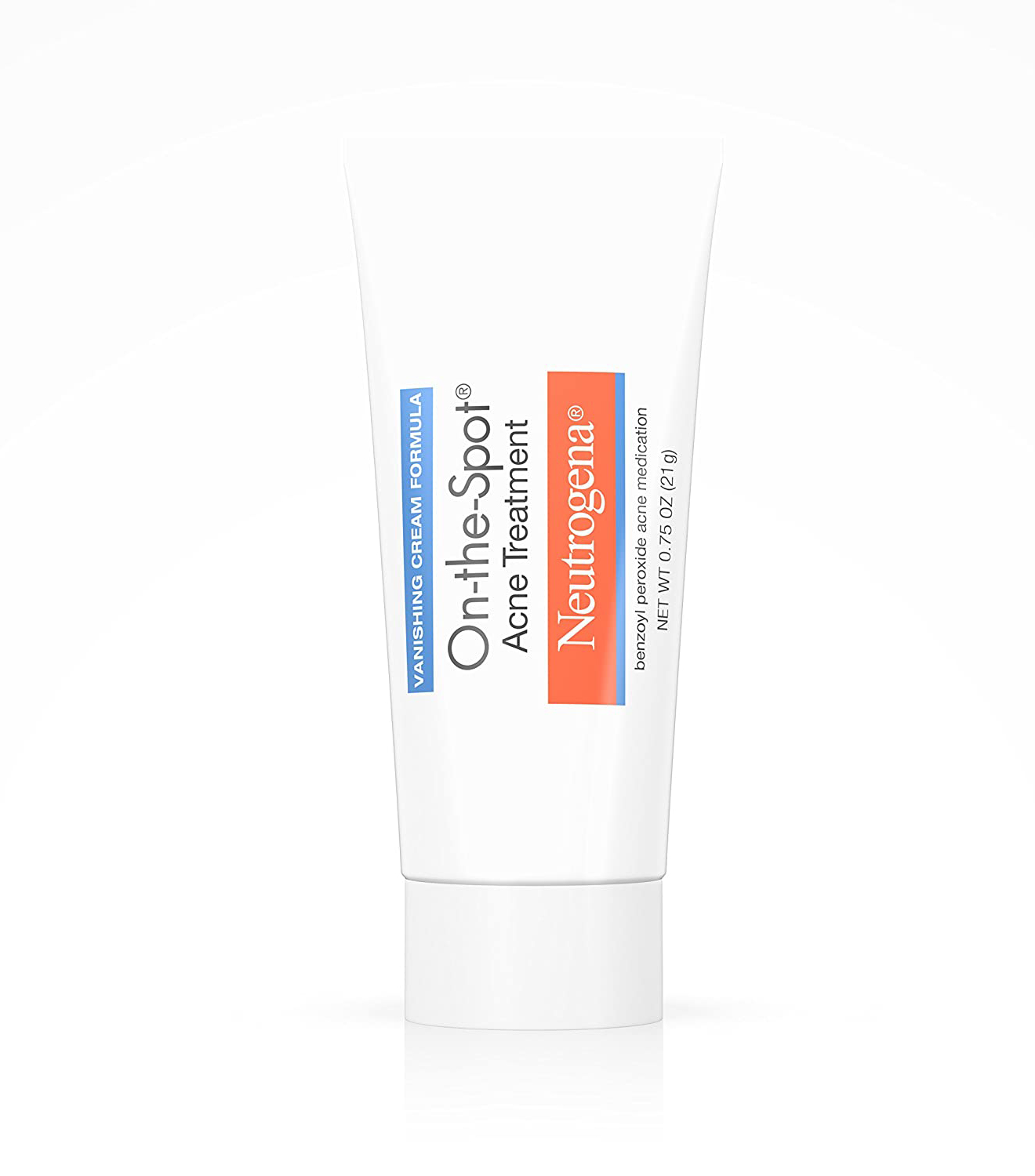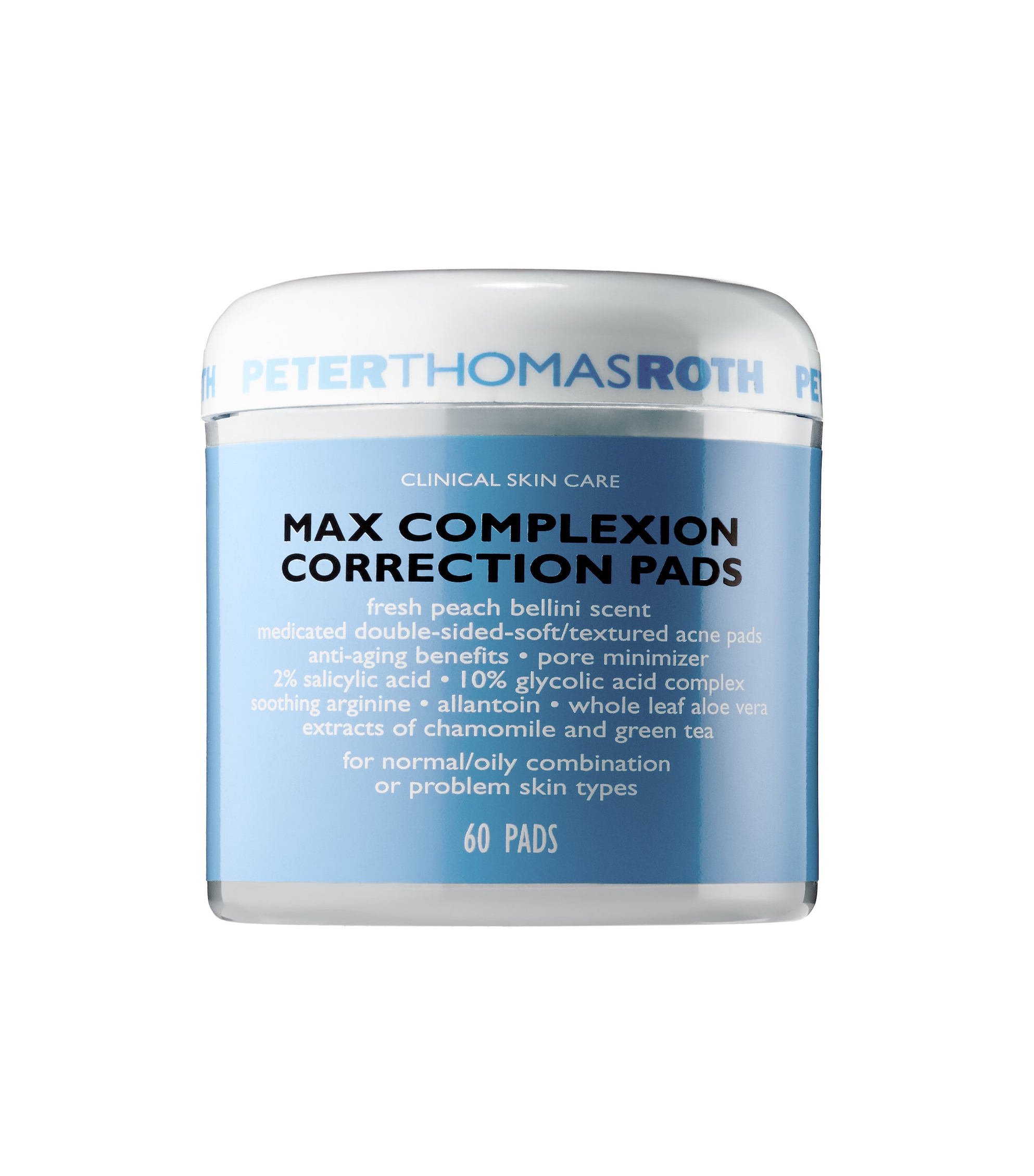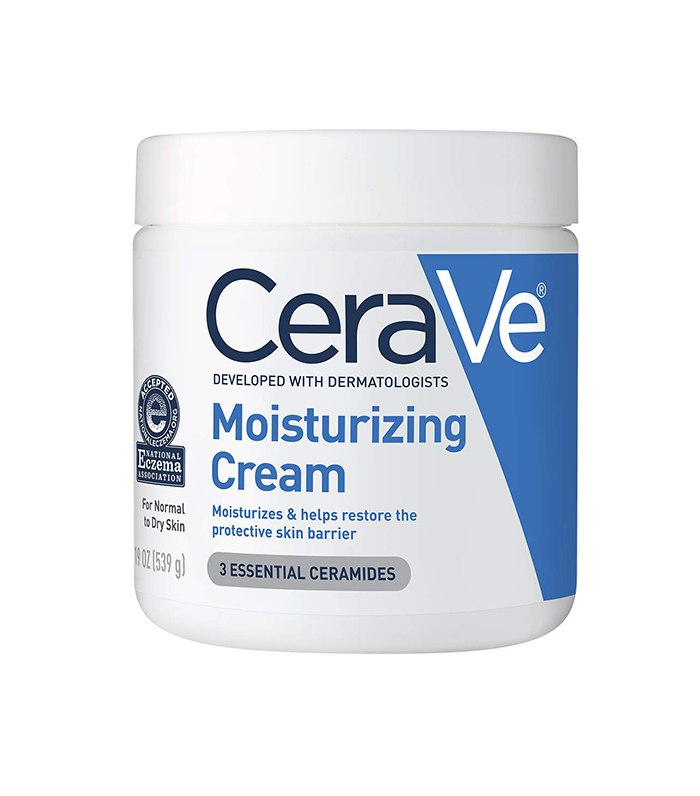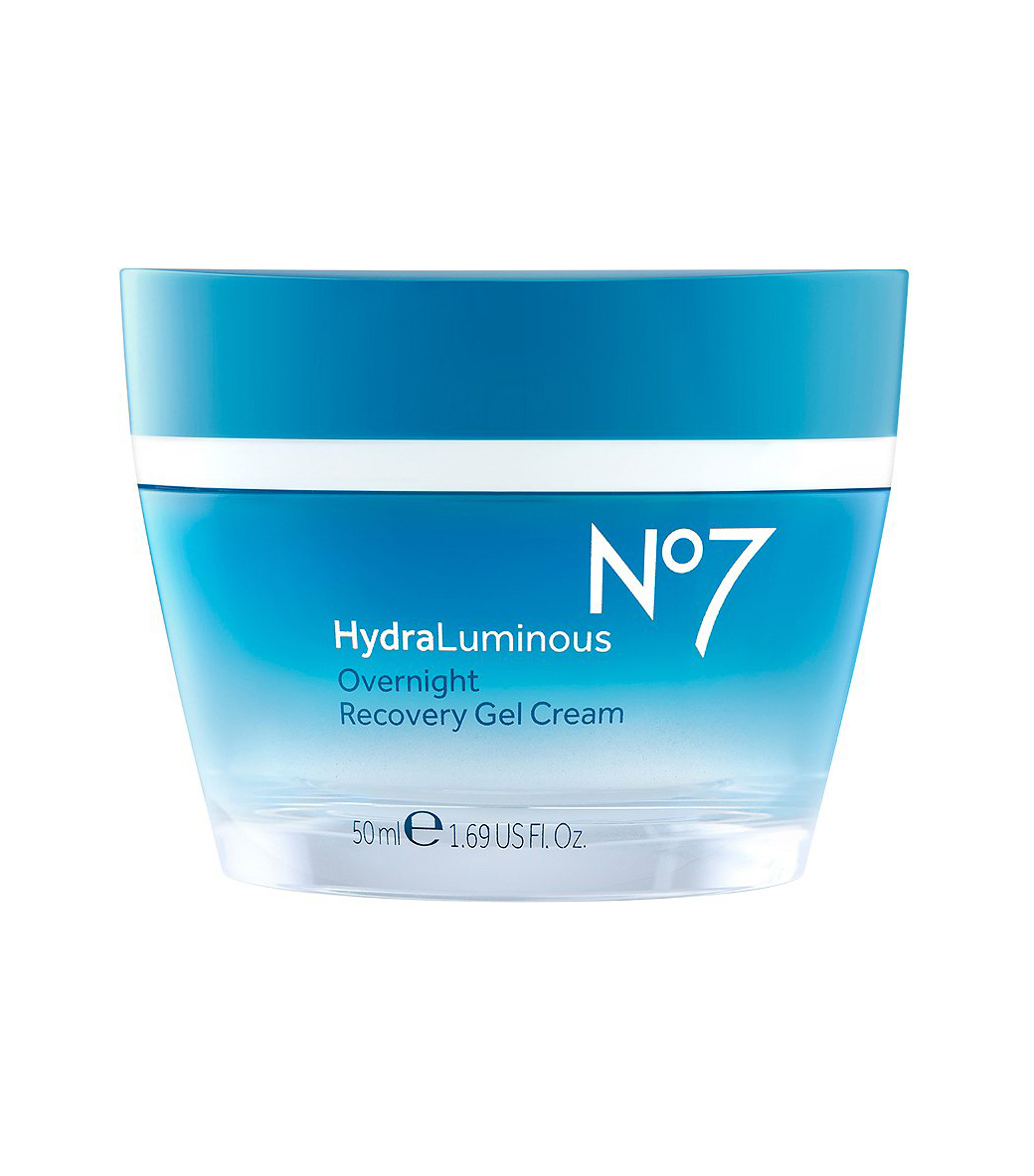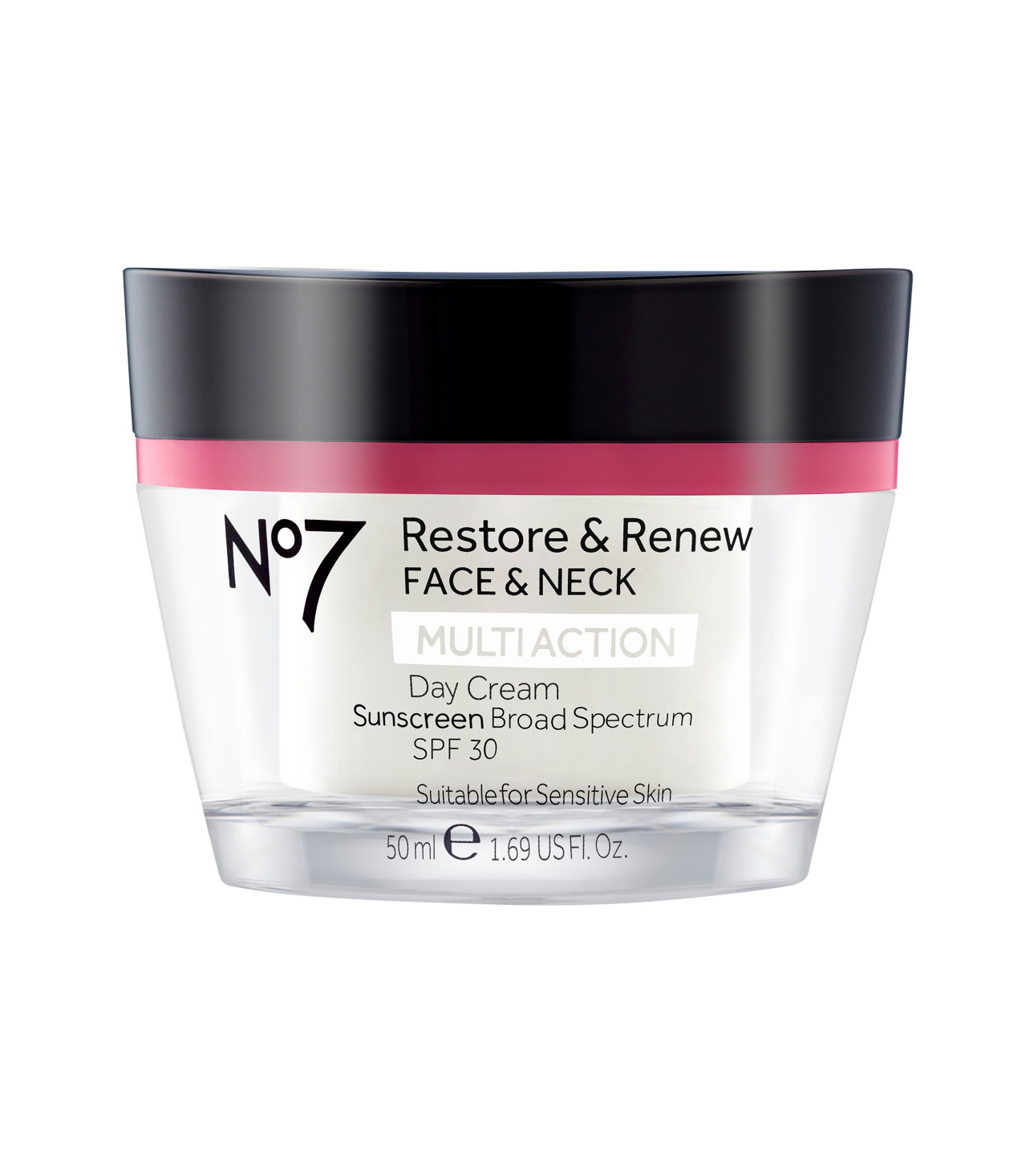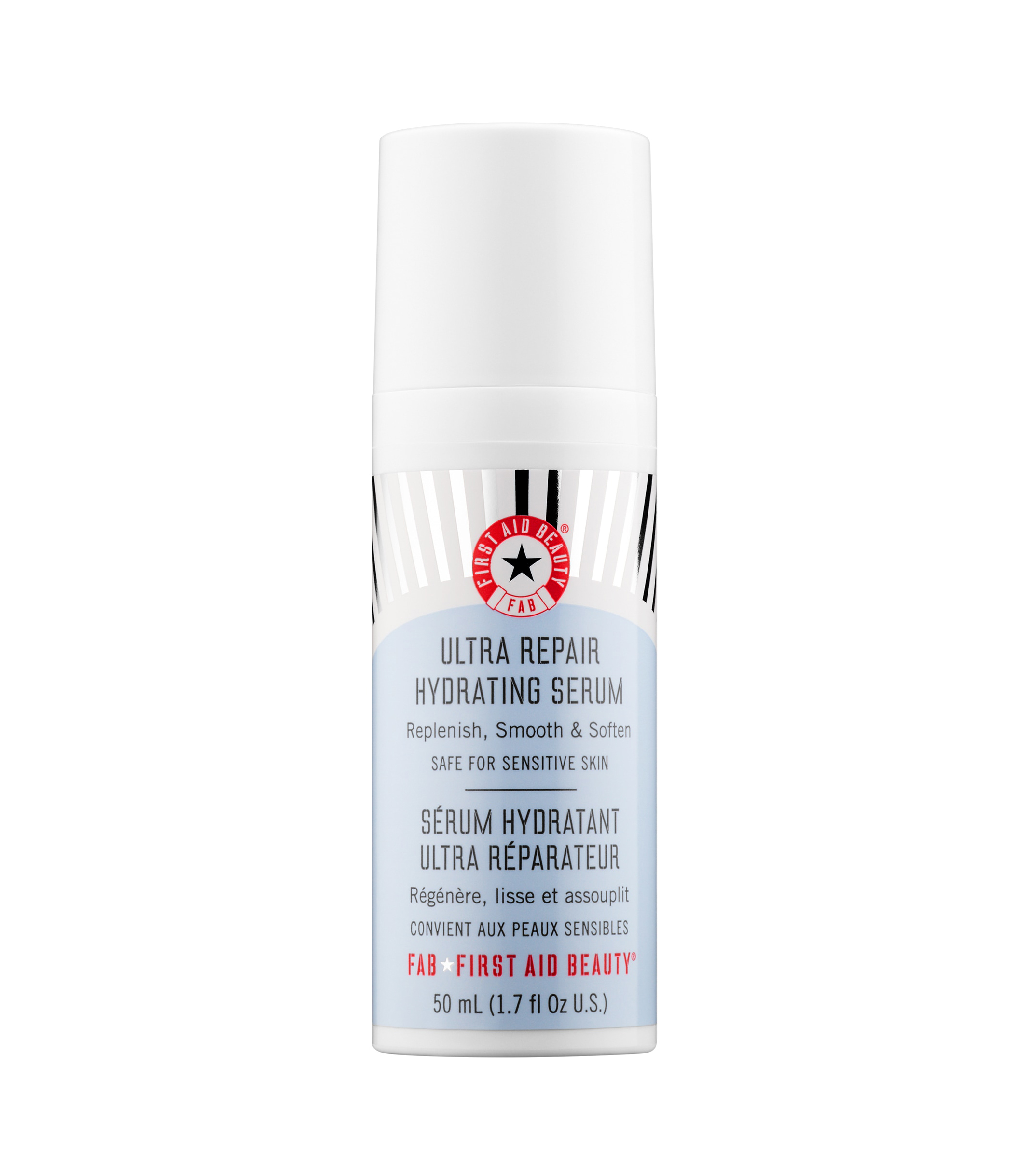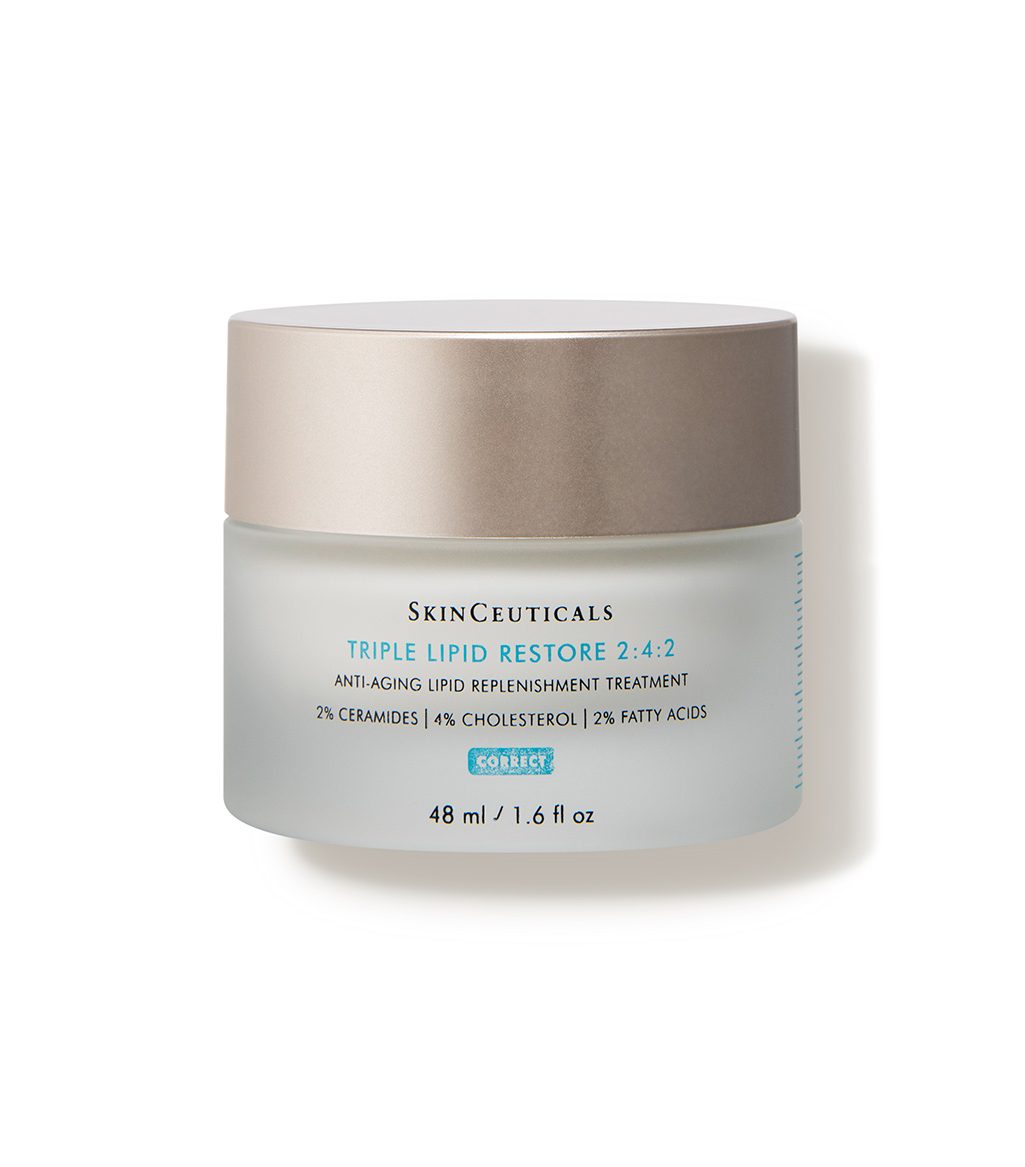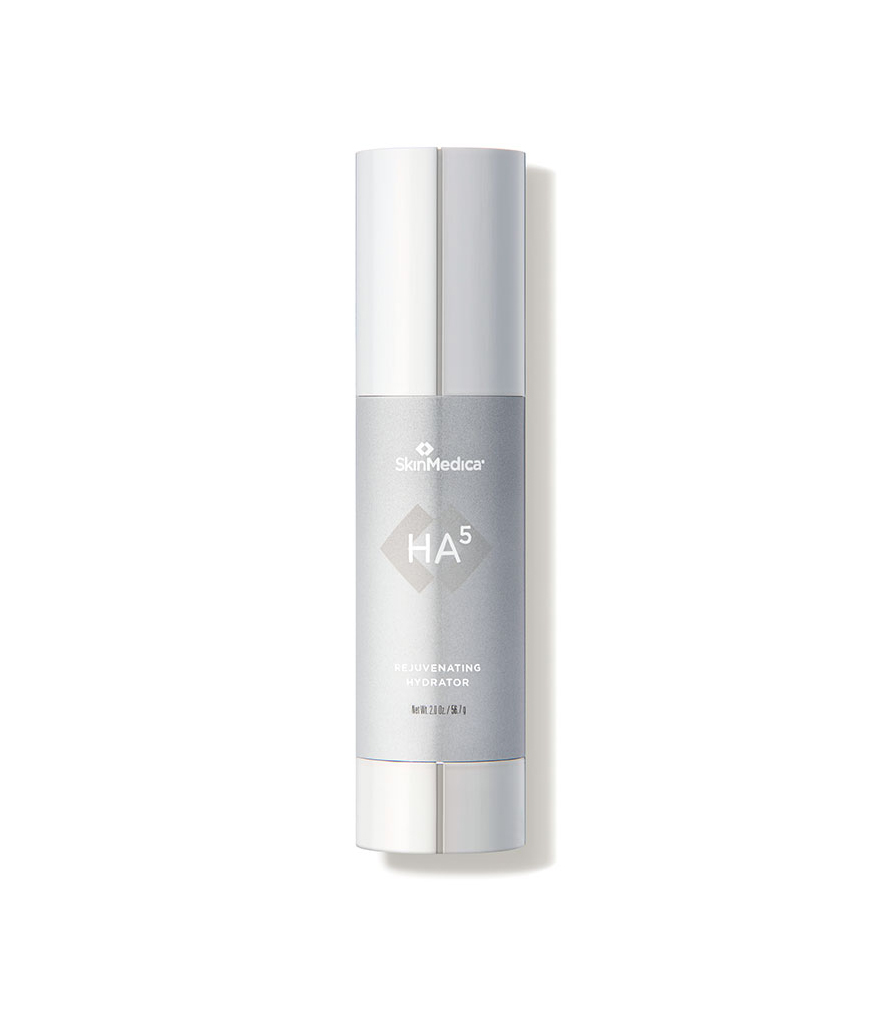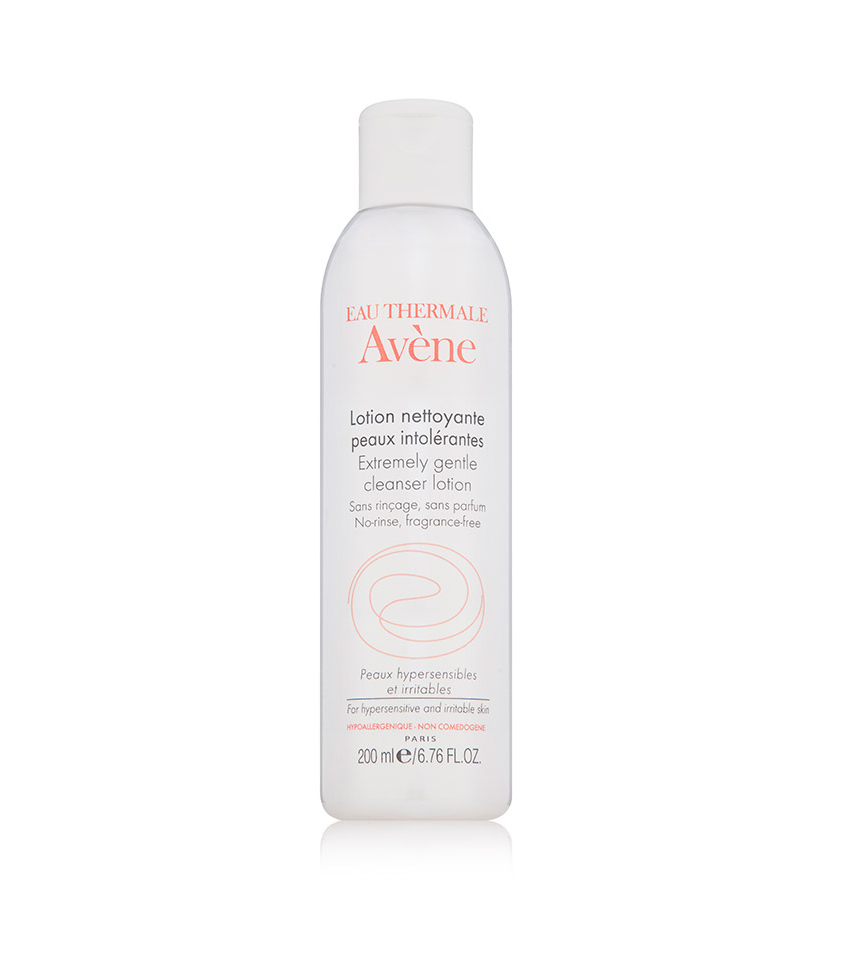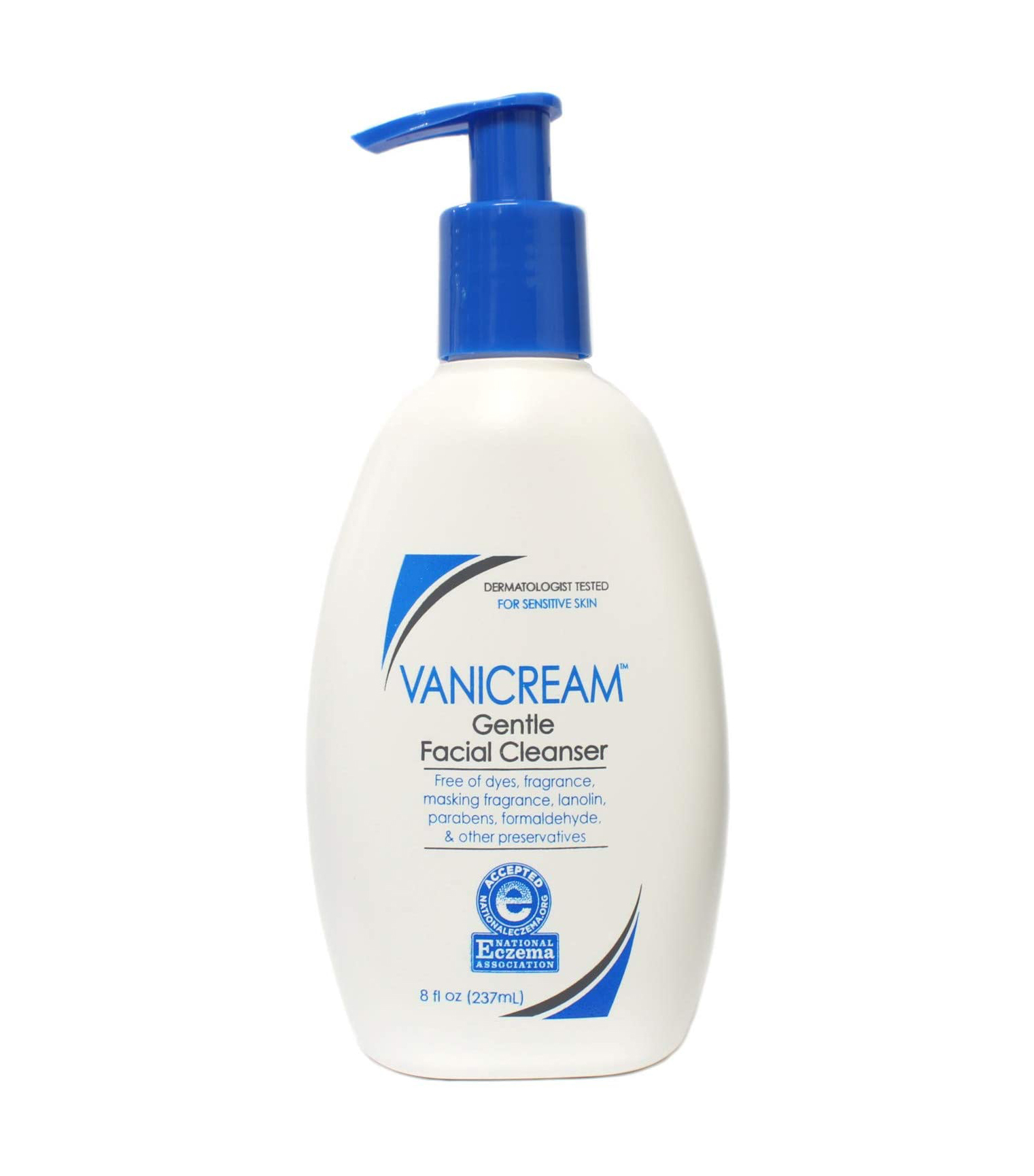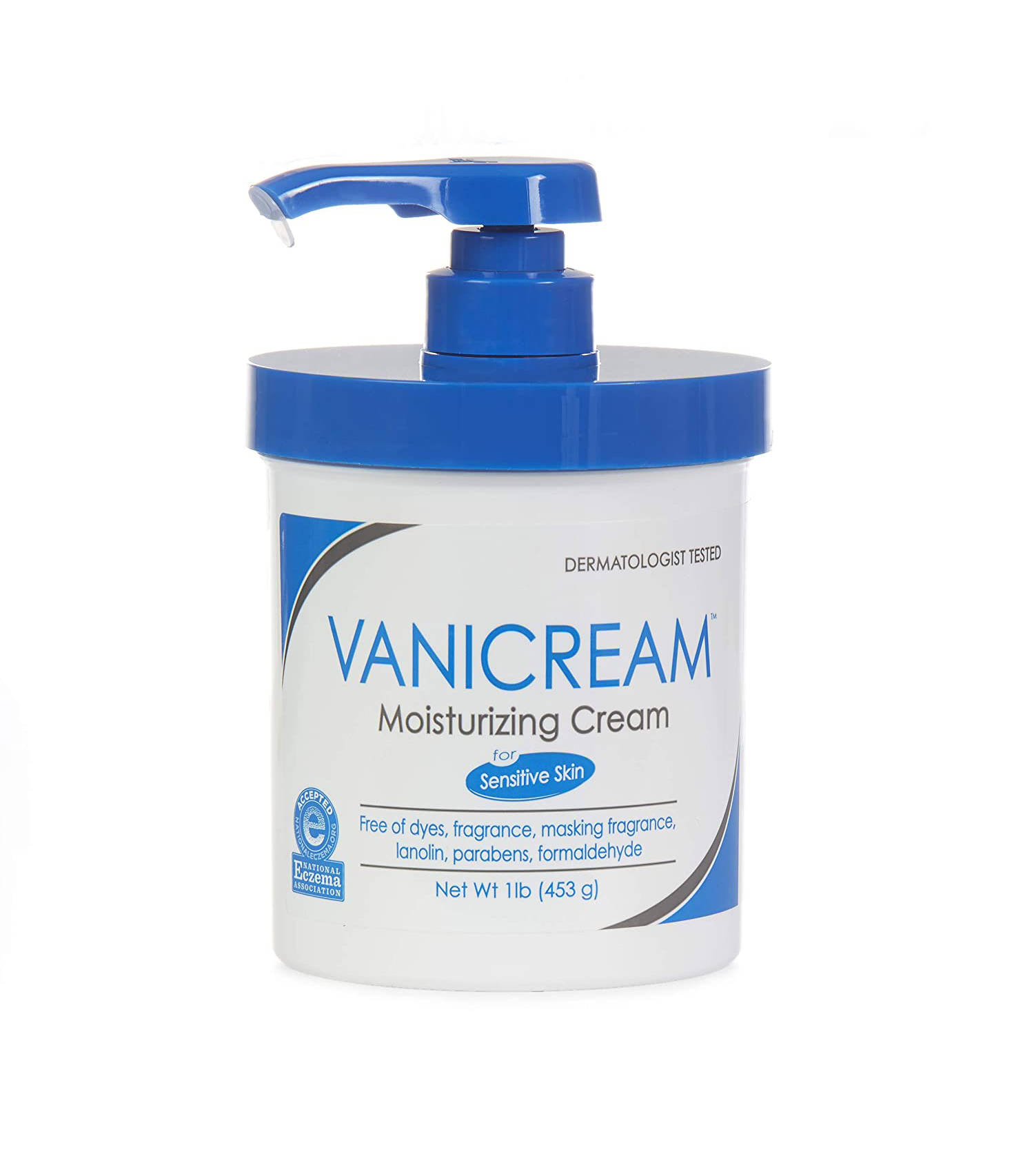These Are the 4 Questions to Ask If You Want to Know Your Skin Type
You might know your sun, rising, and moon signs, your Myers-Briggs type, your Enneagram type, and all of those other personality indicators, but do you really know your skin type? I know comparing the two is like comparing apples to oranges. But, like knowing your personality type might be key to unlocking success in relationships, work, and personal matters, knowing your skin type can help you achieve benefits, too.
"Determining your skin type is probably the most important step in any skincare routine because it helps set you up for success," says board-certified dermatologist Michelle Henry, MD, FAAD. "Once you know what type you are, you can choose all the products to help your skin be the best it can be. Knowledge is power after all!"

So how can you find out? For some people, it might be pretty clear, but others could have a couple of lingering questions. I used to believe I had dry skin because I have eczema, but since I don't get flare-ups on my face, I've come to realize that I might just have combination skin.
If you're feeling confused or need some more guidance, I asked dermatologists how to figure out exactly what your skin type is once and for all.
How to Figure Out Your Skin Type
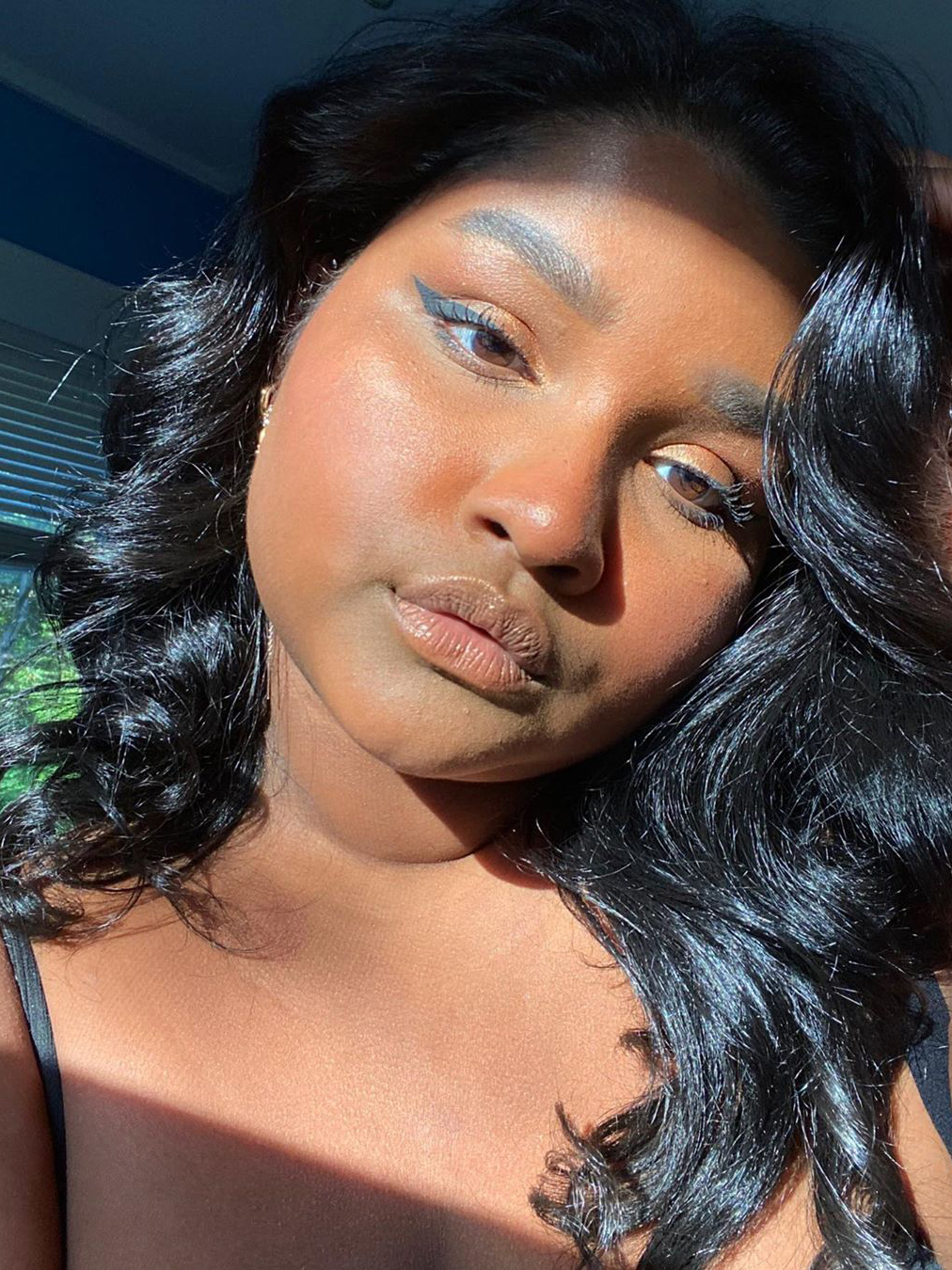
What is your skin like on most days?
This is the first question Y. Claire Chang, a board-certified dermatologist at Union Square Laser Dermatology, says you should ask yourself. "Remember that your skin type can change over time and can be influenced by genetics and external factors," she adds.
Do you have more than one skin type?
It is possible to have more than one skin type. Combination skin is typically a mix of oily and dry skin. "Patients can also have any combination, including dry and sensitive skin or oily and sensitive skin," Chang says.
Has your skin type changed?
Your skin type is not fixed, and it can change over time, with age, weather, and environmental stressors being factors. Melynda Barnes, MD, clinical director for Rory, a digital healthcare clinic for women, says the production of sebum, a natural skin oil, can change throughout our lives. Too much sebum can cause oily skin and acne, but too little sebum can cause dry and flaky skin.
"While men produce more than women in general, premenopausal women tend to have increased sebum synthesis during ovulation," Barnes says. "There are also certain medical conditions that can alter how much sebum your sebaceous glands produce. The season also affects how much sebum our skin produces, with more sebum production in the spring and summer versus the fall and winter. Humid climates tend to contribute to increased sebum synthesis, too. What this means is that your skin type can change as you get older and can change throughout the year or based on your environment."
Other environmental factors like UV exposure and low humidity during the wintertime can also dry out the skin.
Do you recognize these signs?
An easy way to figure out your skin type is to look for telltale signs. Barnes says if you don't have problems with excessive oil production, you can cross "oily" off your list. Some signs of oily skin are excess oil (especially in the T-zone), shiny skin, spreading of makeup, frequent breakouts, and the need to use powders and blotting cloths throughout the day. "For dry skin, it is the opposite. If you find yourself fighting against flakes and rough textures, then you likely have dry skin," she explains. "For normal skin, you do not have dryness or oiliness. Combination skin is usually oily skin in the T-zone and then normal or dry skin on the cheeks. Normal skin is an absence of any of the issues listed above."
The Different Skin Types, Explained

Now that you know what questions to ask, you might be wondering what is the exact definition of each skin type. The experts broke each one down for us:
Normal Skin
What is it: "Your skin isn't too dry or too oily. You rarely experience breakouts, and it's not sensitive (meaning it doesn’t react to new products, changes in weather/temperature, etc. easily)," Henry says.
Some problems you might experience: Barnes says normal skin doesn't have many of the typical pain points like other skin types, but that doesn't mean your skin will be perfect all the time. "The biggest thing to remember is that while normal skin may not be acne prone or redness prone, it is still vulnerable to the sun and normal aging," she warns.
How to care for normal skin: Like all skin types, you should create a customized skincare routine that works for your own specific needs. "If you have normal skin, I recommend a routine to help keep your skin healthy, hydrated, and glowing," Chang says. "A basic skincare routine you can follow includes a gentle cleanser, toner, moisturizer, and, most importantly, sunscreen. I also recommend adding antioxidants to repair and protect the skin as well as exfoliants to brighten the skin as needed."
How to shop for skincare products: "With normal skin, you can spend time focusing on skin health optimization and antiaging, which means looking for gentle cleansers and night creams that increase hydration," Barnes says. "For antiaging, there are several ingredients to look for in your skincare products." Some age-reversing products our experts recommend include retinoids, antioxidants such as vitamins E and C, peptides, exfoliants, and sunscreen. As for what to avoid, if you are not prone to breakouts, you can skip products with salicylic acid or benzoyl peroxide, as they can cause skin irritation.
See some product recommendations below.
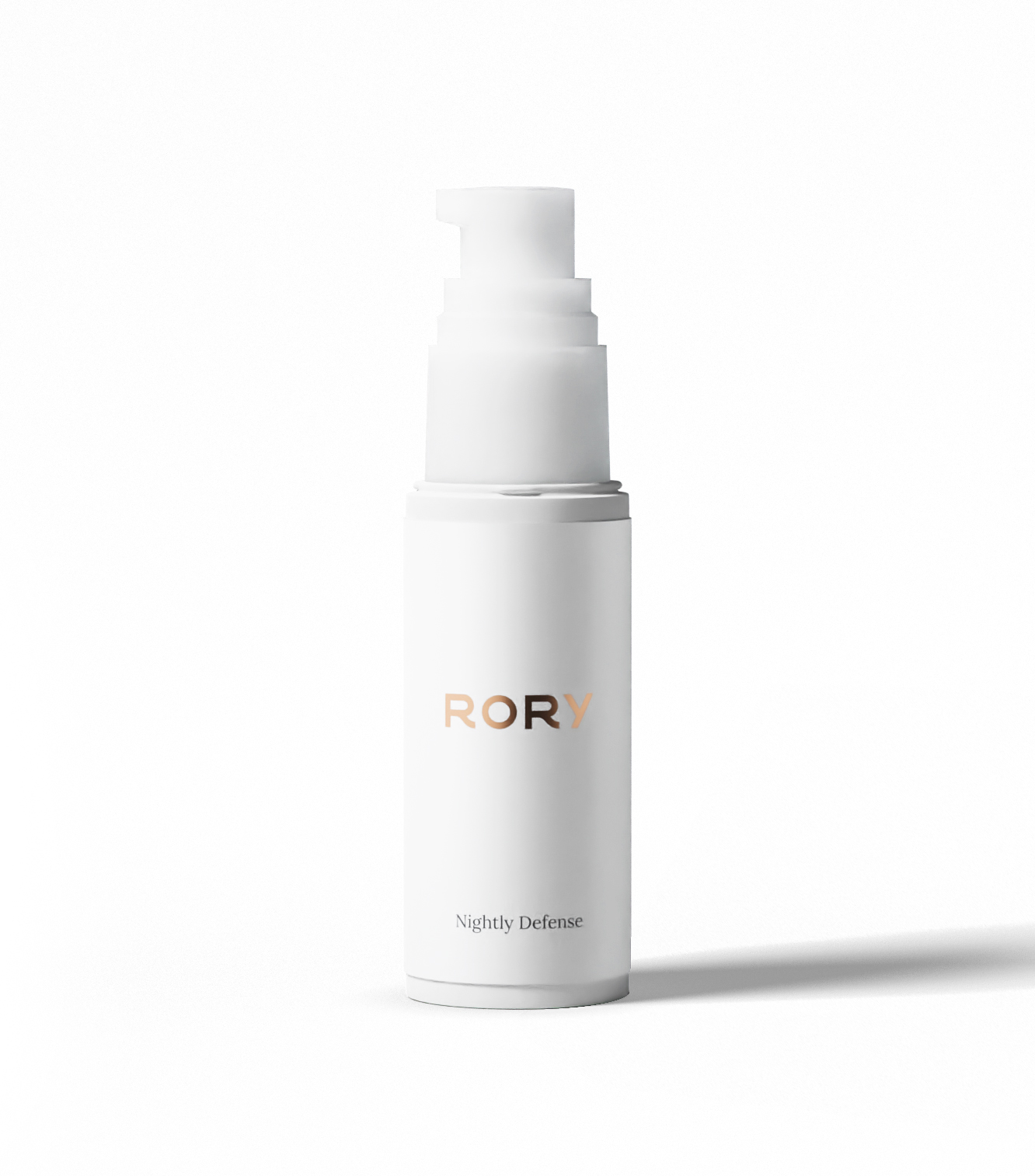
This one is good for all skin types because it's personalized, Barnes says. "Custom skincare services, such as Nightly Defense, take into account antiaging goals as well as some of the side effects of powerful ingredients like retinoids," she explains. "Nightly Defense is formulated with ingredients such as tretinoin, which fights signs of aging, as well as ceramides, which help the skin retain moisture, which can counteract some of the drying effects of retinoids." It is $5 for the first order and $75 for subsequent orders.
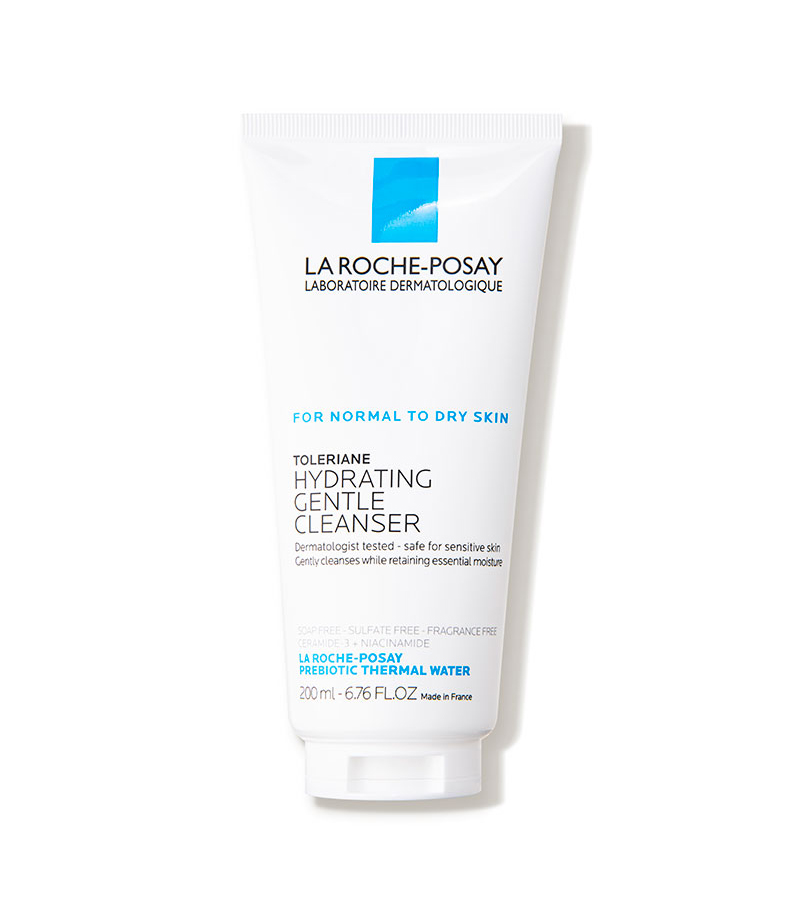
Chang says La Roche-Posay's cleanser is good for normal to dry, sensitive skin. "It gently removes makeup, dirt, and excess oil while maintaining the skin's protective barrier with hydrating and repairing ingredients like ceramide, niacinamide, and glycerin," she adds.
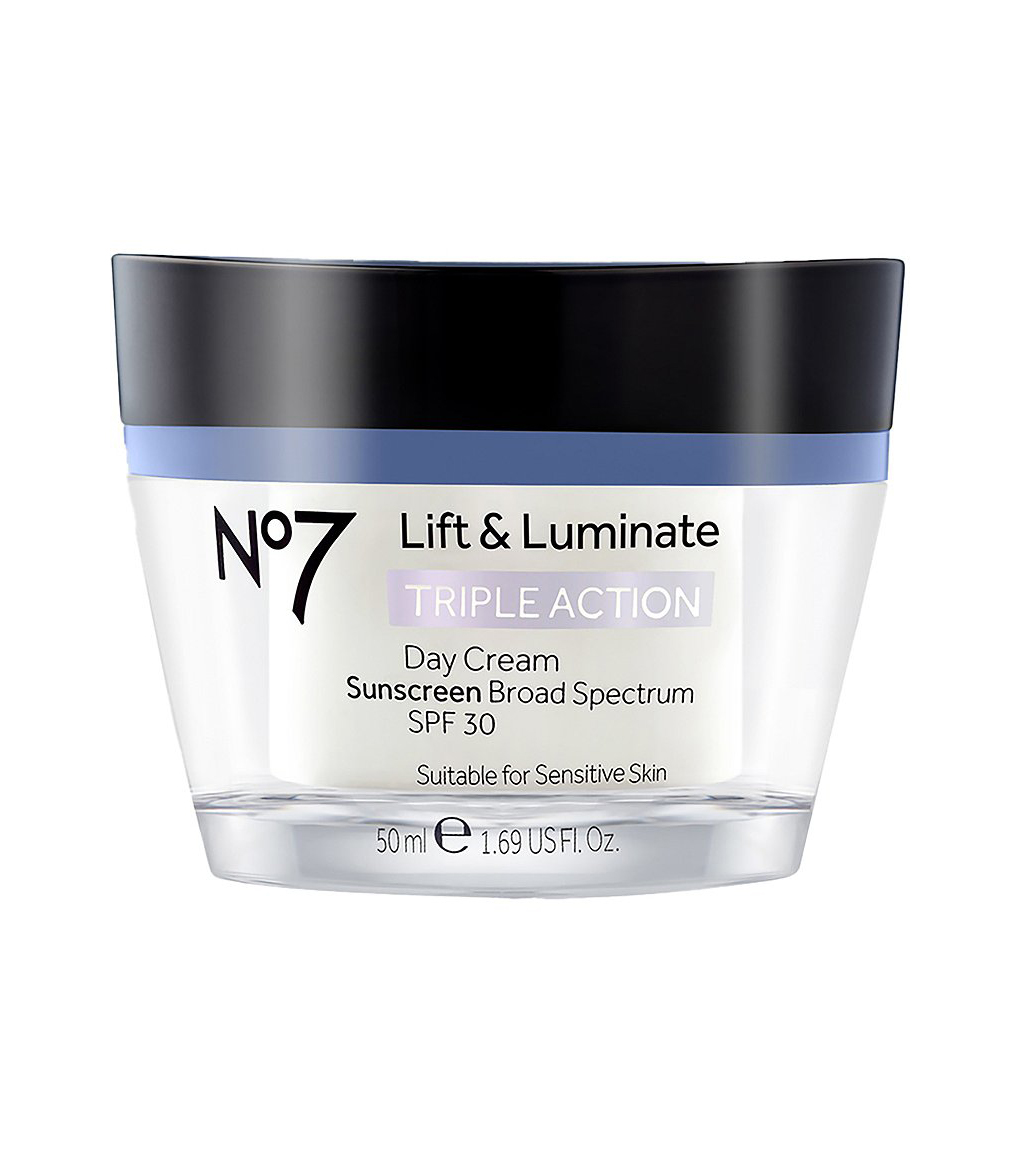
Chang says this is a multifunction cream that helps to even skin tone, boost skin hydration, protect against sun damage, and fight aging. "It is formulated with Matrixyl 3000+, No7's powerful anti-wrinkle peptide technology, as well as vitamin C and hyaluronic acid," she adds. "Vitamin C is a powerful antioxidant that has been shown to help fight free radical damage in the skin, brighten the skin, and stimulate collagen."
Combination Skin
What is it: "If you're confused about which skin type you are, you probably have combination skin," Henry explains. "Usually, this skin type has an oily T-zone (nose, forehead, and chin) and dry or normal cheeks. Larger pores, blackheads, and shiny skin are all common with this skin type."
Some problems you might experience: "It can be frustrating for combination skin patients to establish a set skincare routine, as some areas of the face will respond well to certain products while other areas may be exacerbated by the same products," Chang says.
How to care for combination skin: This can be tricky because you might have to use different products on different areas of your face. Your needs might change frequently, so listen to your skin and tailor your skincare to match those needs.
How to shop for skincare products: "If your T-zone is oily, then using a gentle cleanser with salicylic acid only on your T-zone will protect your cheeks from drying out too much while reducing oil in the T-zone," Barnes says. "A hydrating moisturizer will be helpful in both areas and can help minimize dryness associated with products that usually reduce oil."
Additionally, the experts recommend a toner because it creates balance. And, of course, don't forget sunscreen. If you want to use a retinol or retinoid, you might have to limit application to the T-zone or oily areas of the face. Look for retinols that have hydrating and soothing ingredients to avoid irritation or dryness.
See some of our product recommendations below.
Oily and Acne-Prone Skin
What is it: "Oily/acne-prone skin means that you have oily skin that usually affects your forehead, nose, and chin," Barnes says. "This excess oil can plug your pores and lead to acne and breakouts. Oily skin can also cause your pores to enlarge, which can also increase risk of acne." Your skin might also appear shiny and greasy.
Some problems you might experience: You'll have to deal with acne and breakouts plus dark spots and scars related to acne.
How to care for oily and acne-prone skin: "Although it may be tempting to use harsh, oil-stripping or drying products if you have oily skin, these can actually do more harm than good," Chang says. "Harsh, drying products may actually trigger your skin to produce more oil to compensate and can worsen acne breakouts." Additionally, you should avoid over-washing your face, as this could cause your body to produce even more oil.
For oily skin, use a gentle or exfoliating cleanser that contains salicylic acid. After cleansing, apply a toner to prep and balance the skin. You can also use serums containing tea tree oil or niacinamide to calm the skin and prevent breakouts. Next, apply an oil-free or noncomedogenic moisturizer and sunscreen. You may also have to re-cleanse your skin or use an oil-absorbing wipe throughout the day to prevent buildup. At night, you can add a retinoid to normalize skin cell turnover and prevent acne breakouts.
For acne-prone skin, Chang says prevention is key. Start the day with a benzoyl peroxide cleanser and a toner. Then, she recommends serums that contain salicylic acid, tea tree oil, or azelaic acid, which all work to prevent acne. Apply a lightweight moisturizer and a lightweight, noncomedogenic sunscreen, and you're all set. At night, you can use a retinoid over your whole face to help prevent and treat acne. If your acne isn't improving or is severe, Chang says you may need to consult a board-certified dermatologist.
How to shop for skincare products: Choose products labeled as noncomedogenic, and use oil-free moisturizers. "Products that contain ingredients like benzoyl peroxide or retinoids are great for oily skin. Azelaic acid is also a great alternative to antibiotics, as it has antimicrobial properties and is known to reduce the amount of propionibacterium acnes (bacteria that causes acne) on the skin," Barnes adds. "Harsh detergents, fragrances, and bead exfoliants should be avoided, as they can cause irritation, which can lead to more breakouts." You'll also want to avoid ingredients like mineral oil and petrolatum, which might also cause acne.
See some of Chang's product recommendations below.
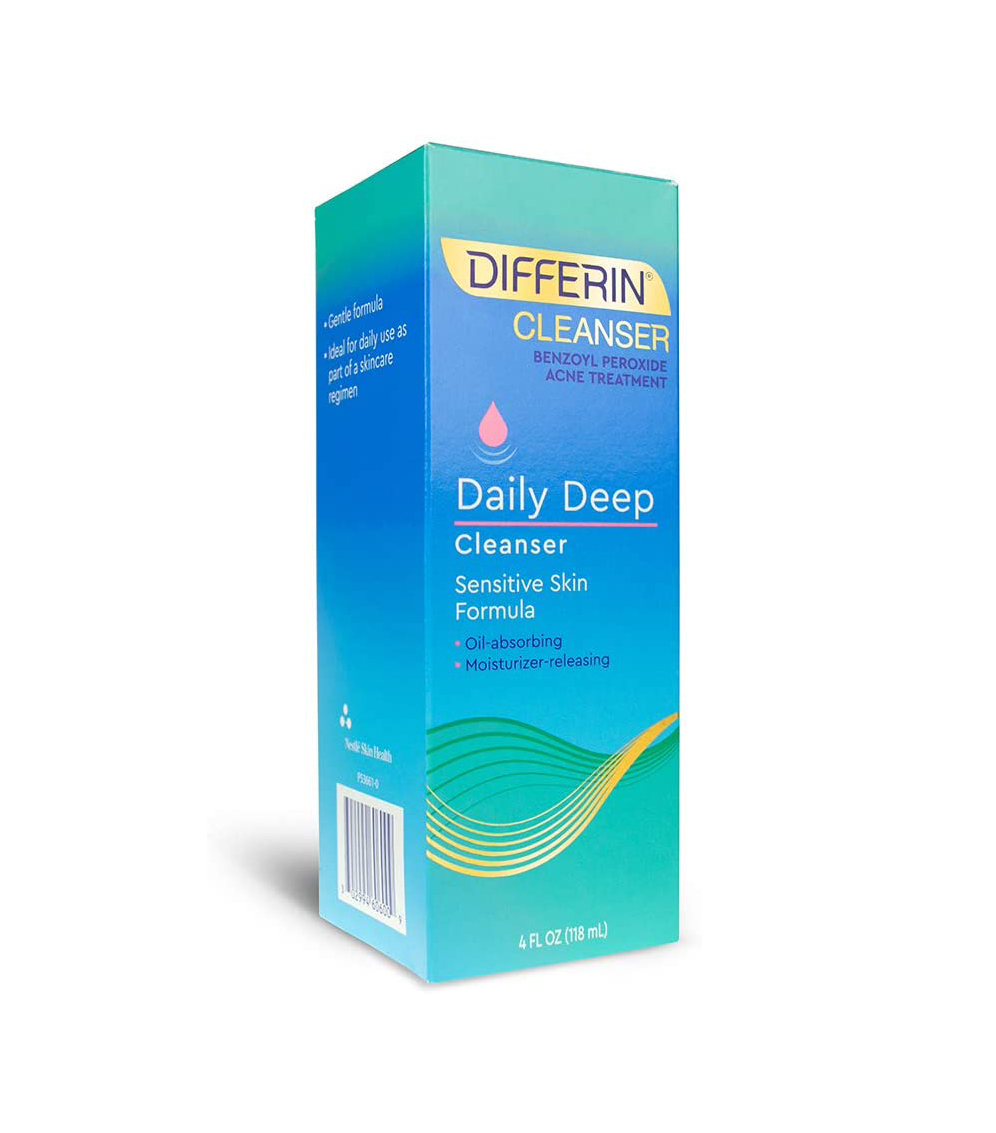
Chang recommends this over-the-counter option that has 5% benzoyl peroxide, which is just as effective as 10% maximum-strength benzoyl peroxide but comes with less irritation and dryness. The ingredient is known to treat acne by decreasing inflammation and fighting bacteria.
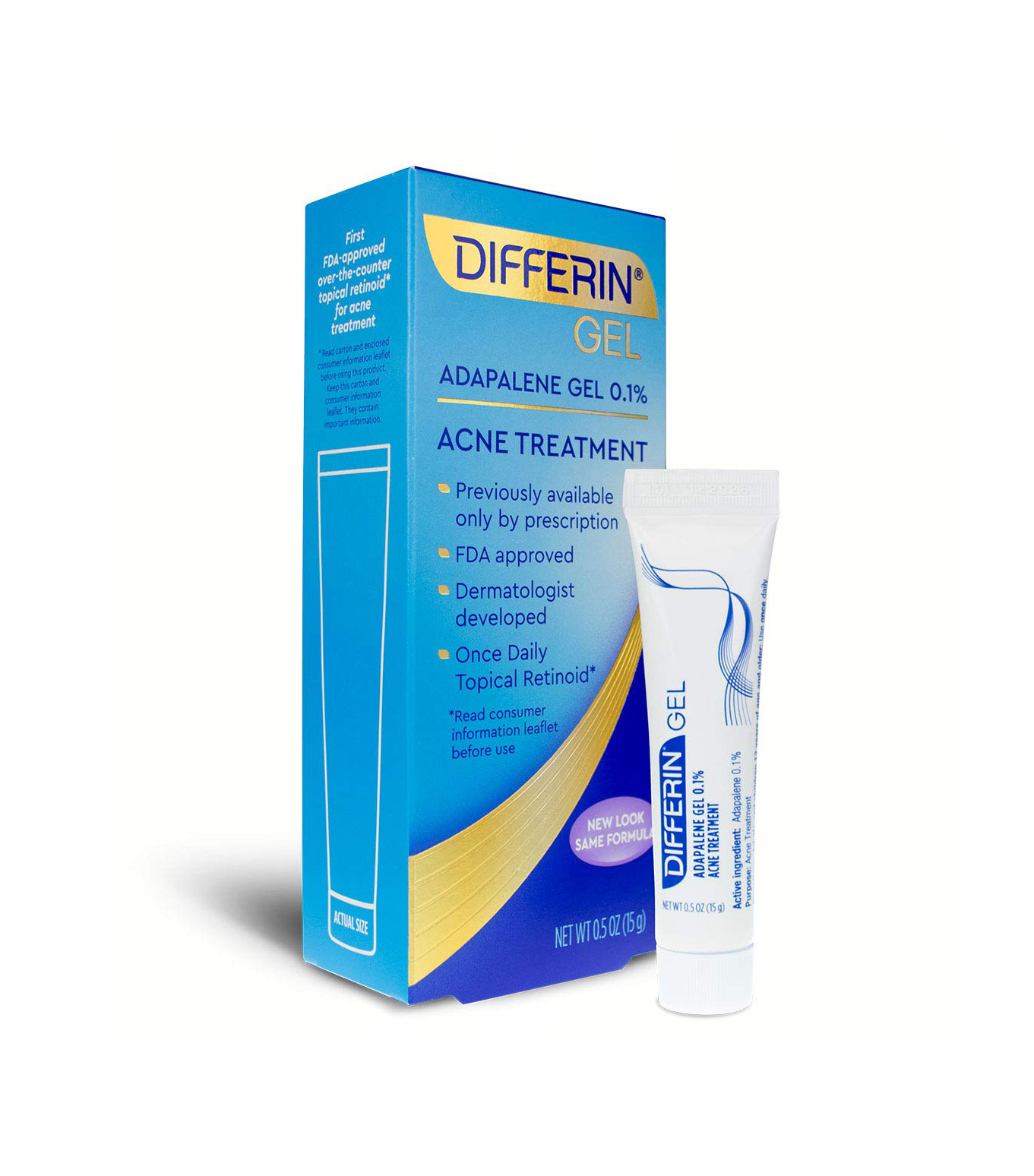
"[It's] the first FDA-approved prescription-strength retinoid acne treatment available over the counter," Chang says. "Adapalene is effective in the prevention and treatment of mild to moderate acne and occasional breakouts. Differin works by normalizing skin cell turnover and decreasing inflammation, thereby treating both inflammatory and noninflammatory acne." Apply the gel to the entire face once a day.
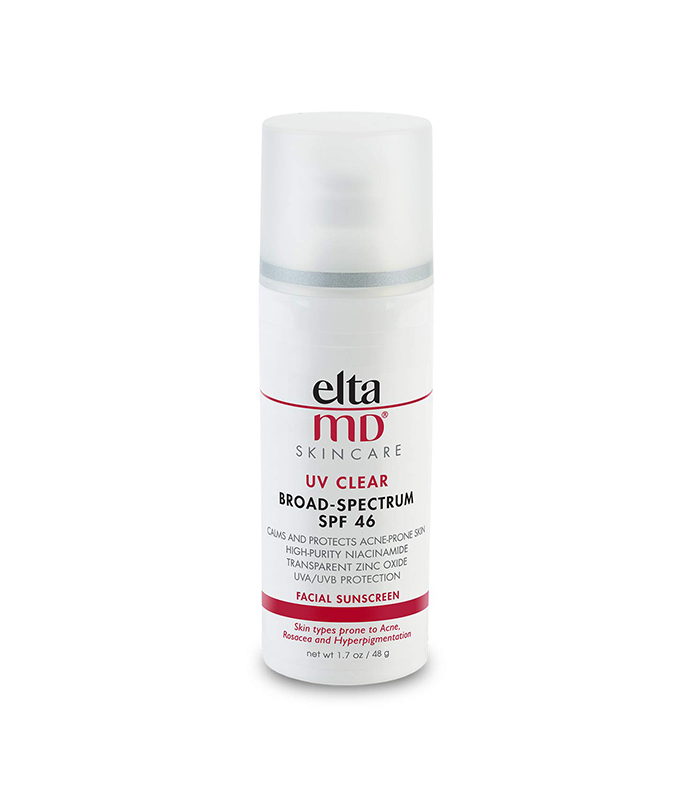
EltaMD's sunscreen is an eternal dermatologist favorite. It's lightweight and oil free. "This sunscreen goes on the skin smoothly without clogging the pores or feeling too thick," Chang says. "It also contains hyaluronic acid to moisturize the face along with antioxidants to protect and soothe the skin." It works well for sensitive skin types, too.
Dry Skin
What is it: "If your skin isn't producing enough of its natural moisturizing factors, or if something is depleting your skin's moisture such as harsh weather or soaps, you may develop dry skin," Barnes says. "The oils our skin produce naturally play a vital role in keeping our skin hydrated. Without enough oil, our skin tends to become rough, tight, itchy, and flaky and, in some cases, may even become red and inflamed." Some factors that affect oil production include dry environments and aging. Dry skin also tends to be more sensitive because it doesn't have the oils needed to form a good protective barrier.
Some problems you might experience: Your skin can appear flaky, crepey, or red, and it can feel tight. Having dry skin can also worsen the appearance of fine lines and wrinkles.
How to care for dry skin: Chang recommends using a gentle, hydrating cleanser. After cleansing, use a hydrating antioxidant serum or essence to repair the skin's barrier and apply a thick moisturizer. Top it all off with broad-spectrum sunscreen that is SPF 30 or higher. You may need to reapply moisturizer throughout the day. At night, repeat the routine but without sunscreen. You can also add a hydrating sheet mask or light facial oil at night.
Avoid showering in super-hot water, as it can exacerbate dryness. Henry recommends investing in a humidifier for your room.
How to shop for skincare products: "Hydration is key! Ceramides, hyaluronic acid, water, and glycerin are key ingredients that help to lock in moisture and keep the skin hydrated, which will help reduce the appearance of fine lines and will help with skin texture and tone," Barnes says. Choose creams over lightweight lotions to keep the skin ultra-hydrated. And as for what to avoid, stay away from harsh and drying ingredients, soaps, scrubs, and exfoliants. Be careful when using retinol, benzoyl peroxide, and chemical peels.
See some of Chang's product recommendations below.
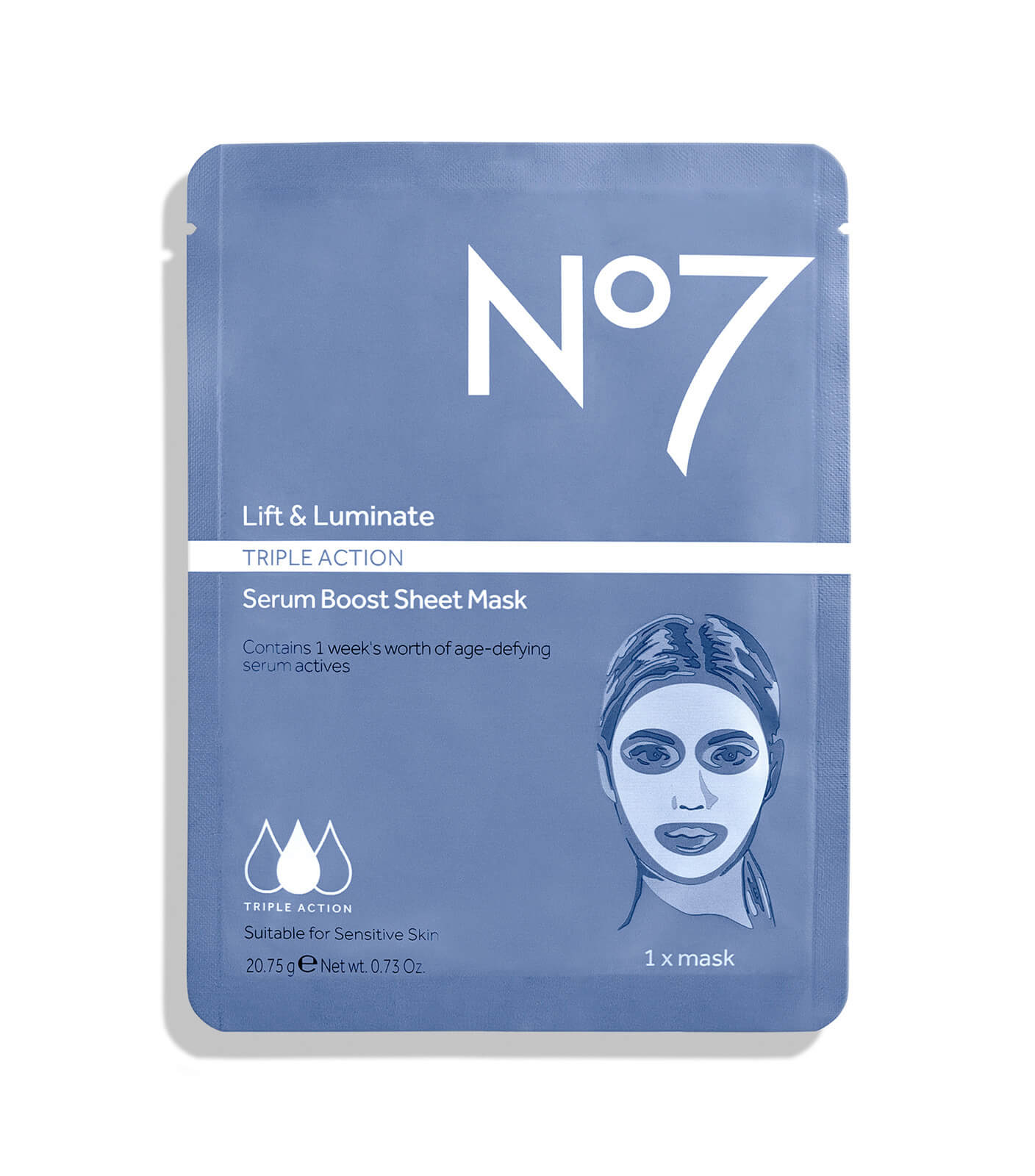
"It instantly makes your skin feel nourished, as it provides seven times the concentration of serum ingredients to the skin in just 20 minutes. It is made with hydrating hyaluronic acid and hibiscus to re-plump and smooth the skin," Chang says.
Sensitive Skin
What is it: "Your skin acts up left and right. You can't use whatever products you like because you'll sometimes end up with a rash, stinging, burning, or breakouts," Henry says. You may also be prone to redness, scaling, flaking, bumps, itching, and a burning sensation. You can react negatively to allergens, fragrances, and dyes. It's common for people with sensitive skin to have underlying eczema, contact allergies, or rosacea.
Some problems you might experience: "My patients with a sensitive skin type have a difficult time finding skincare products that will not cause their skin to react and become inflamed," Chang explains. "Although there are skin patch tests available to test for skin contact allergies, they are often cumbersome to perform and not comprehensive. It is often a matter of trial and error when looking for tolerable skincare products, which can be frustrating for patients."
How to care for sensitive skin: It's best if you stick to a simple, hypoallergenic routine once you find something that works for you, Chang says. Make sure to spot test any new products. You'll also want to make sure you keep track of any new products, foods, and medications you introduce. Barnes also recommends maintaining a balanced diet and consuming skin-healthy nutrients like vitamins C and E and zinc. For your skincare routine, use a mild, gentle cleanser. If you want to use a toner, make sure it's alcohol free. Then apply a hypoallergenic, fragrance-free moisturizer that contains ceramides and a mineral sunscreen with zinc oxide and titanium dioxide.
How to shop for skincare products: Avoid harsh acids, fragrances, dyes, sulfates, parabens, and other common allergens. Henry recommends looking for all-natural products with calming ingredients.
See some of Chang's product recommendations below.
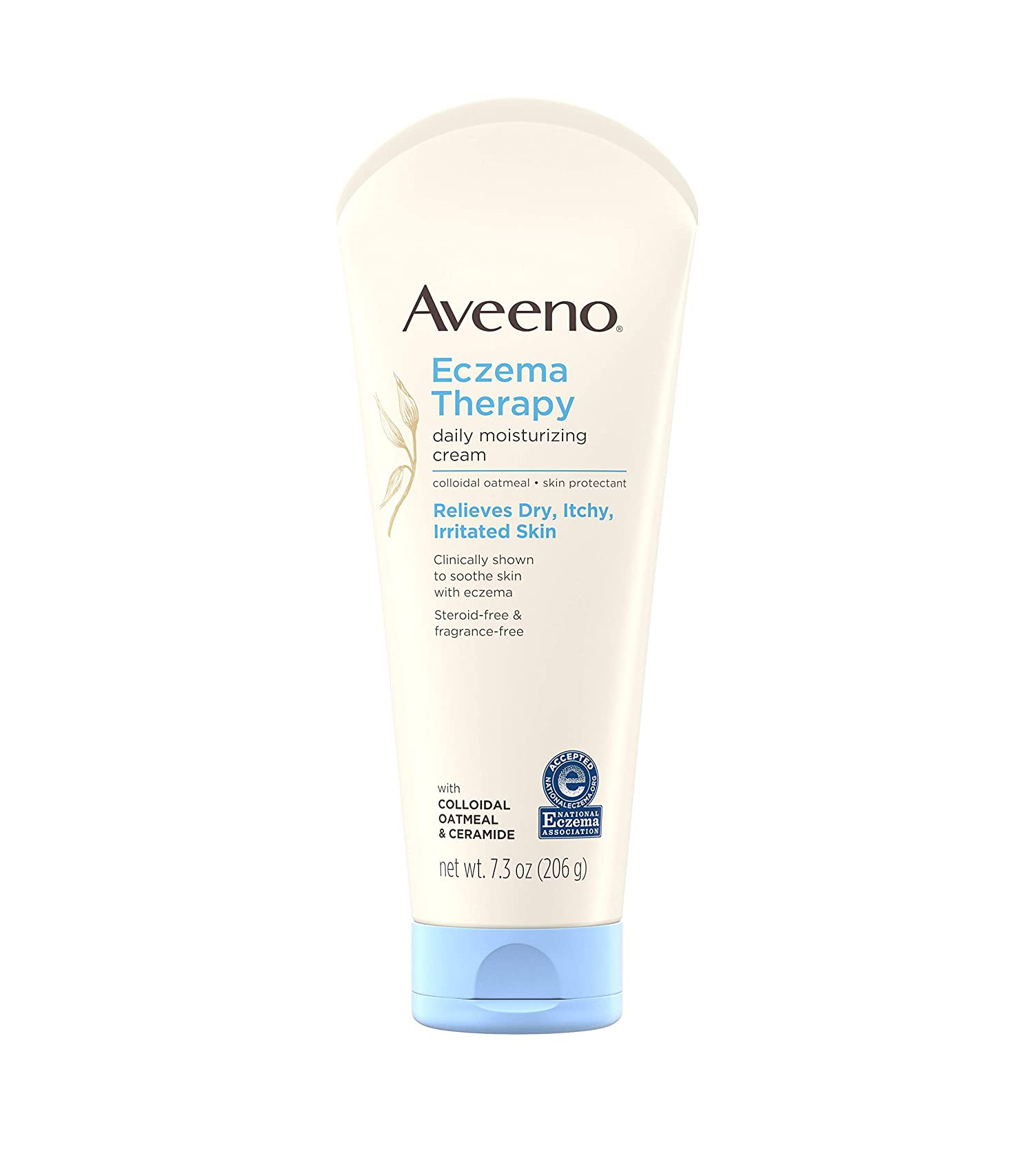
"It's a nourishing moisturizer that contains ceramides, which are essential lipids that help protect the skin barrier, and colloidal oatmeal to help soothe the skin," Chang says.
Next up: The Under-the-Radar Mistake I Was Making When Washing My Face
Sarah is lifestyle writer and editor with over 10 years of experience covering health and wellness, interior design, food, beauty, and tech. Born and raised in Los Angeles, she attended New York University and lived in New York for 12 years before returning to L.A. in 2019. In addition to her work at Who What Wear, she held editor roles at Apartment Therapy, Real Simple, House Beautiful, Elle Decor, and The Bump (sister site of The Knot). She has a passion for health and wellness, but she especially loves writing about mental health. Her self-care routine consists of five things: a good workout, “me” time on the regular, an intriguing book/podcast/playlist to unwind after a long day, naps, and decorating her home.
